Diversity, Equity, and Inclusion Committee
Diversity, Equity, and Inclusion CommitteeThe ACBS Diversity, Equity, and Inclusion Committee is dedicated to creating a more inclusive community that is sensitive to diverse personal and professional backgrounds and their perspectives, experiences, and insights. The Committee endorses a broad definition of diversity including but not limited to professional discipline and setting, age and generational influences, gender and sexual orientation, ethnicity, national origin and indigenous heritage, religion and spiritual orientation, and disability. We seek to provide programs and resources that enhance inclusion, building and supporting relationships across levels of ACBS (membership and leadership) and beyond.
The Diversity, Equity, and Inclusion Committee welcomes & encourages suggestions and feedback from all members. Please feel free to contact us through the website. If you would like to suggest a project that might benefit the community, please download the diversity project form from the website, fill it in and send it to us at your convenience. We will respond as soon as we can.
We´re accepting values-based donations for training, scholarships, and diversity initiatives. Please DONATE NOW, follow this link: https://contextualscience.org/diversity_equity_and_inclusion_committee_fund
We are always looking for new volunteers who want to serve on the Diversity, Equity and Inclusion Committee! The DEI Committee meets monthly for an hour. Please indicate your interest here!
2025/2026 ACBS Diversity, Equity, and Inclusion Committee Members:
Daniel C. Rosen, Ph.D (U.S.) - Chair
Matt Boone (U.S.)
Christina Del Medico, (Canada)
Julio Brionez (U.S.)
Danielle Jeudy (U.S.)
Mytien Le (U.S.)
Meg McKelvie (U.S.)
Jewel Parham (U.S.)
Michelle Teo (Ireland)
Andrew Sherrill (U.S.)
Julia Silveira (U.S.)
Debbie Sorensen (U.S.)
Michelle Teo (Ireland)
Emily Thomas (U.S.)
(This page was updated on 12/19/2025)
DEI Trainer/Researcher/Guest Directory
DEI Trainer/Researcher/Guest DirectoryWelcome! Find a trainer, research partner, co-presenter, or interview guest here
The Diversity, Equity, and Inclusion Committee of the ACBS has created this page where ACBS member practitioners, trainers, researchers, etc., can self-identify as available for providing workshops, trainings, consultations, podcast interviews, collaborations, networking, etc.
This space is designed to highlight underrepresented and diverse members of the ACBS community. This directory is welcoming and inclusive.
If you would like to appear on this page fill out this form.
Minimum requirements to appear on this page are ACBS membership and self-nomination.
Legal Disclaimer: ACBS makes no express or implied warranty as to any matter including, without limitation, the fitness of any particular practitioner, trainer, consultant, or researcher, and the merchantability or fitness for any particular purpose. We are not responsible for any reliance on any indicator of certification, special credentials, expertise, or other specialized knowledge.
El comité de Diversidad Inclusión y Equidad de la ACBS ha creado está página donde los miembros entrenadores, practicantes investigadores,etc. puedan autoidentificarse con disponibilidad para brindar talleres, entrenamientos, consultorías, colaboraciones, entrevistas podcast, networking, etc.
Este espacio está diseñado para destacar a miembros diversos y subrepresentados de la comunidad ACBS. Este directorio es acogedor e inclusivo.
Si deseas aparecer en esta página completa este formulario.
Los requisitos mínimos para aparecer en esta página son la membresía de ACBS y la auto nominación.
Descargo de responsabilidad legal: La ACBS no ofrece ninguna garantía expresa o implícita en cuanto a cualquier asunto, incluyendo, y sin limitación, como : la idoneidad de un entrenador, consultor o investigador en particular, y sobre la comerciabilidad o idoneidad para un propósito particular. No somos responsables de depender de ningún indicador de certificación, credenciales especiales, experiencia u otro conocimiento especializado.
Natalia A. Baires, Ph.D., BCBA-D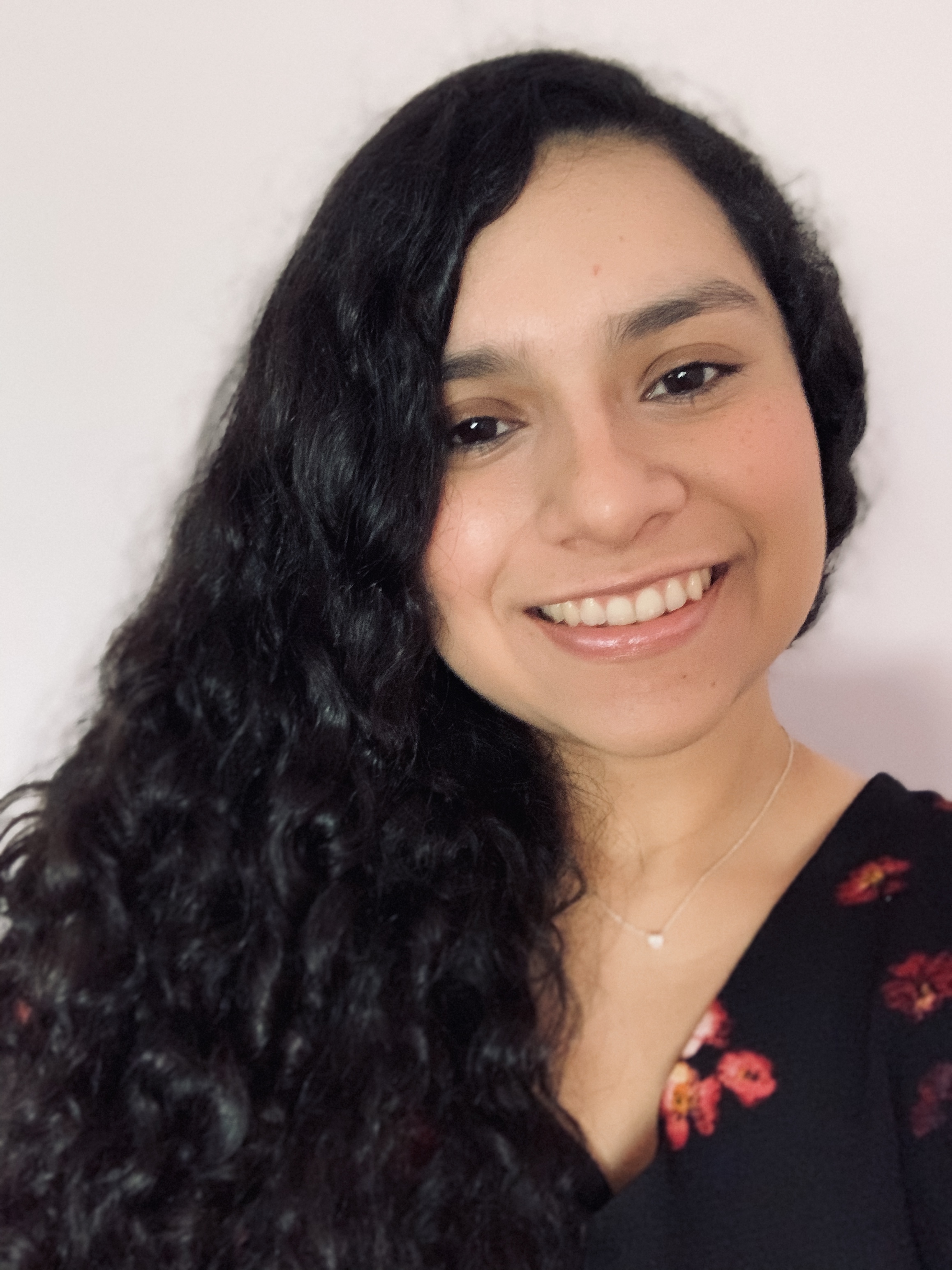
Location: Los Angeles, CA, USA
Contact Info: [email protected]
Bio: As a Board Certified Behavior Analyst, Dr. Natalia Baires has over six years of experience providing and supervising services based in behavior analysis for individuals with Autism Spectrum Disorder and other related Developmental Disabilities across a variety of ages and settings. Her research interests include social diversity, equity, inclusion, and justice, the study of language and cognition via Relational Frame Theory, enhancing behavioral flexibility in individuals with expanded vocal repertoires using Acceptance and Commitment Training, increasing compassionate care within behavior-analytic services and supervision, and bridging theory and application of cultural responsiveness for underrepresented populations receiving behavior-analytic services. Natalia received her B.A. in Psychology and Chicano/a Studies from CSUN, went on to complete her M.S. in Counseling/Applied Behavior Analysis from CSULA, and most recently earned her Ph.D. in Psychology/Behavior Analysis and Therapy from SIU. She is currently an Assistant Professor in the Behavior Analysis and Therapy (BAT) program at SIU. As perhaps the first Latina professor at SIU's BAT program, Natalia is committed to infusing social justice into her pedagogy and curricula for future behavior scientists.
Specialities/Areas of interest: ACT; RFT; DEI; social justice/equity, increasing compassionate care within behavior-analytic services and supervision, and cultural responsiveness for culturally and linguistically diverse individuals
Available for: Workshops; trainings; presentations; panels; podcast interviews; media appearances; research collaboration
Past interviews/trainings conducted: I have conducted invited presentations in Spanish for caregivers of individuals with autism relating to what Applied Behavior Analysis is and how caregivers can maintain self-care and self-compassion during COVID-19 using an ACT approach. I have also collaborated in providing an interdisciplinary workshop in Spanish for caregivers of individuals with autism discussing adolescence and related topics, as well as an invited workshop for teaching direct care staff how to incorporate ACT into their professional roles. Finally, I have conducted numerous symposia, panels, and poster presentations at conferences such as ACBS's WorldCon, the Association for Behavior Analysis International (annual convention), Association for Behavior Analysis International (autism convention), California Association for Behavior Analysis, Illinois Association for Behavior Analysis, Women in Behavior Analysis, and the Association for Professional Behavior Analysis.
Languages spoken: English and Spanish
Tags: Applied behavior analysis, behavior analysis, contextual science, race, ethnicity, feminism, sexism, discrimination, social justice, representation, inclusion, equity, ACT, RFT, cultural responsiveness, Latinx, Hispanic
Yash Bhambhani, PhD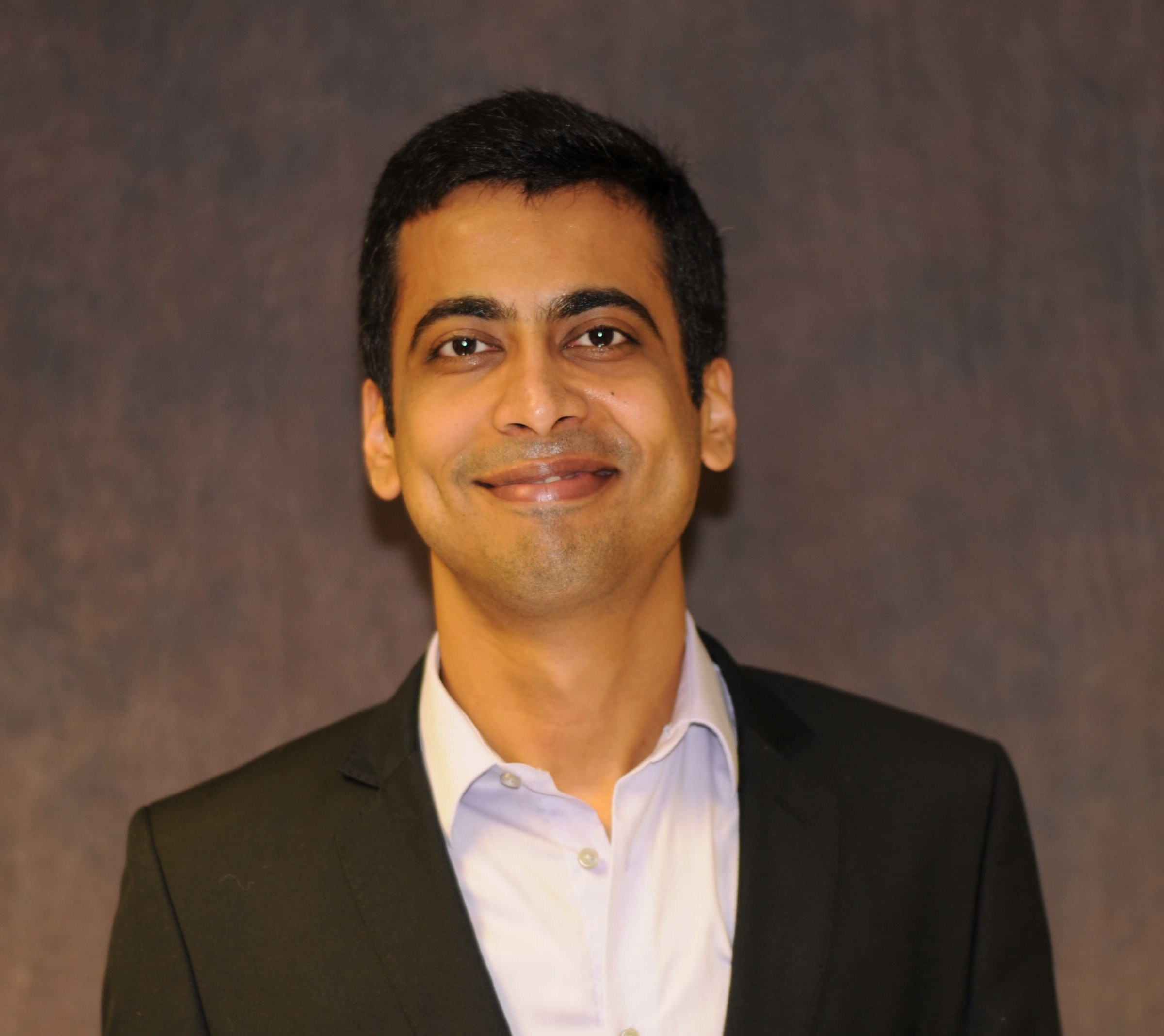
Location: New York, NY, USA
Contact Info: [email protected]
Bio: Yash (he/him/his) is a therapist, researcher, lecturer, and supervisor working in New York, accruing his hours to become a licensed clinical psychologist. He identifies as a cisgender gay man, from India. He completed his PhD from the University of Mississippi. His areas of interest and expertise include Acceptance and Commitment Therapy, substance use, issues surrounding sexual orientation and gender diversity, and working with historically underserved groups. He has published research on sexual racism, and given workshops on decolonizing desire and working with QTPOC.
Specialities/Areas of interest: ACT, qtpoc, sexuality, gender identity, decolonizing, underserved groups, minority mental health, lgbtq
Available for: Clinical and research consultation, workshops, media appearances
Past interviews/trainings conducted: Working with QTPOC using CBS, Loving my Brown Skin: Decolonizing Desire, Sexual Racism and MSM
Languages spoken: English and Hindi
Tags: Mindfulness, ACT, decolonizing, lgbtq, poc
Adrienne Bradley M.Ed., BCBA., LBA (she/her) 
Location: Detroit, Michigan, USA
Contact Info: [email protected]
Bio: In 2014, Adrienne graduated from Central Michigan University with a Bachelors in Exercise Science, and a minor in Psychology. She graduated from Wayne State University in 2018 with a Masters in Education Psychology, and a concentration in Applied Behavioral Analysis. Adrienne has experience with teaching in the BCBA and BCaBA programs at Wayne State University. She recently became heavily involved in the ABA field in relations to diversity, equity, and inclusion. Through this work, Adrienne is now the president of Black Applied Behavior Analyst Inc. and the co-host of the Shades of ABA podcast. Adrienne's focus has been to provide education, experiences, and disseminate ABA to underserved communities.
Specialities/Areas of interest: DEI, Parent training & ACT, Toileting, Academia
Available for: workshops, interviews, podcast, trainings
Past interviews/trainings conducted: Recently interviewed with BABAT, ABA Inside track, All Autism Talk, #dobetter podcast, WIBA conference, AZABA conference, MNABA conference, BAAM conference.
Languages spoken: English
Tags: Child & Adolescents on the spectrum, ADHD
Nasiah Cirincione-Ulezi, Ed.D., BCBA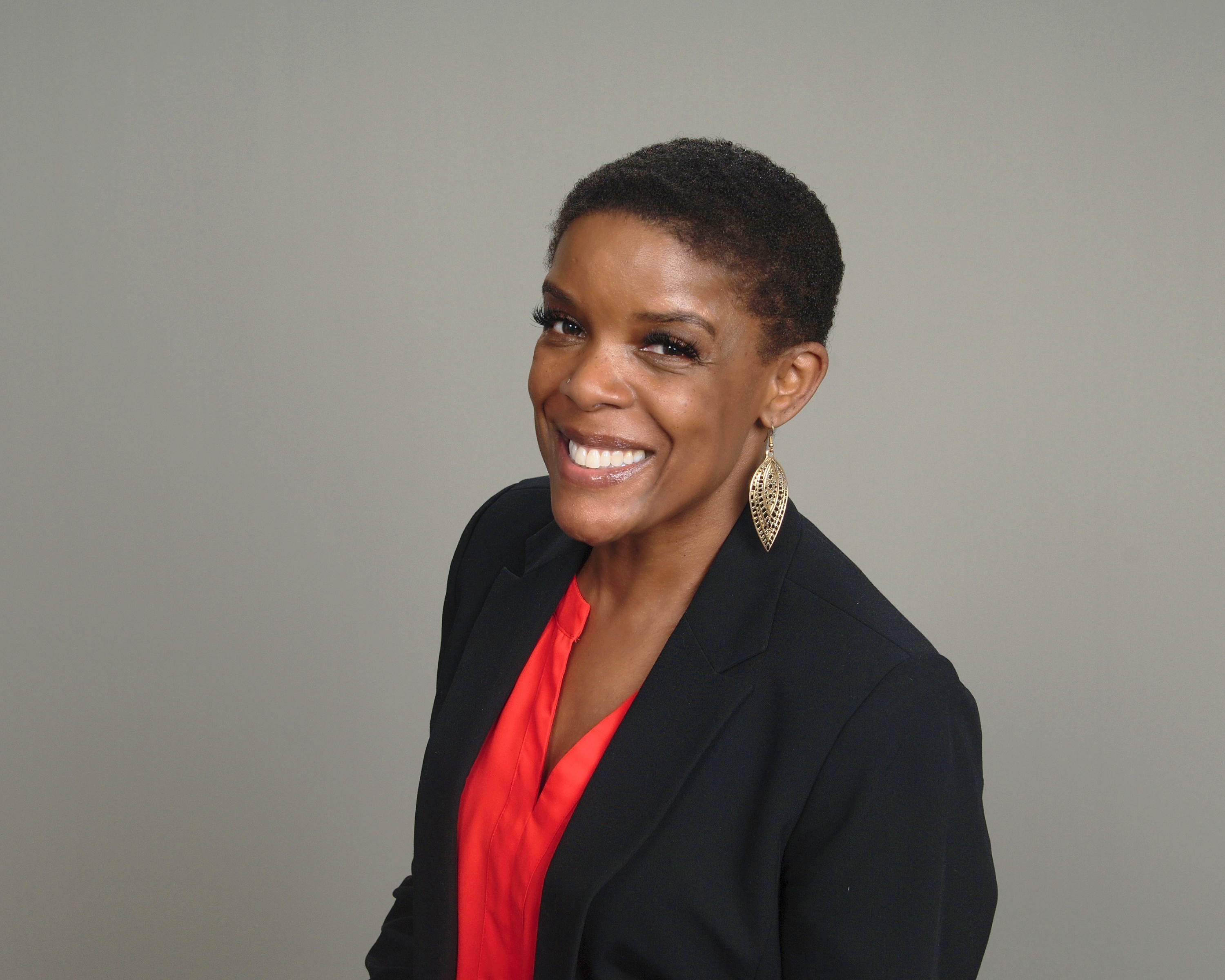
Location: Illinois & Arizona USA
Contact Info: Contact Me
You can find me on: LinkedIn
Bio: Dr. Nasiah Cirincione-Ulezi is the founder of ACT Soulfully, a practice devoted to helping people live with intention, purpose, and heart. With a deep commitment to supporting individuals from all walks of life, she empowers people to live in alignment with their values and cultivate meaningful, authentic connections. Dr. Cirincione-Ulezi is a Board Certified Behavior Analyst, a reflective practitioner and supervisor, and is currently training in systemic therapy. Her work is grounded in the transformative principles of Acceptance and Commitment Therapy (ACT) and integrates mind, body, and spirit to foster healing and growth. She holds a Doctorate in Education from Loyola University of Chicago, a Master’s in Special Education from the University of Illinois, and a Master’s in Educational Leadership from the American College of Education. Drawing from her extensive experience in human development and communication, she creates a compassionate and grounded space for self-exploration and personal transformation. Through ACT Soulfully, Dr. Cirincione-Ulezi walks alongside others as they uncover their purpose, navigate life’s challenges, and step into a more soulful, connected way of living. With warmth, presence, and unwavering care, she serves as a trusted guide for those seeking a life rooted in clarity, intention, and joy.
Specialities/Areas of interest: Reflective Practice and Supervision, Systems Analysis
Available for: Workshops, Podcasts, Virtual Consultations, ABA Inside Track, The Behavioral Observations Podcast, Evolving ABA
Past interviews/trainings conducted: Workshops on Reflective Practice/Supervision, Inclusion, Diversity and Life Transitions
Languages spoken: English
Tags: Mindfulness, Meaning Making, Transformation, Systems Analysis
Jenn DiBartolomeo, MA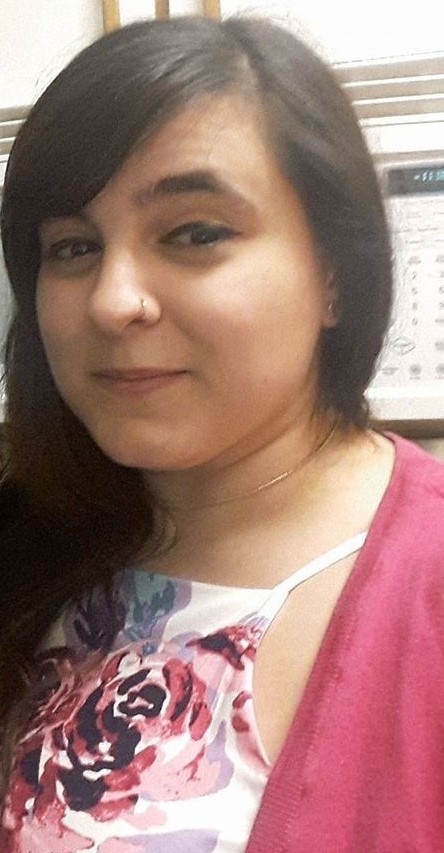
Location: Southern New Jersey/Greater Philadelphia Area; Virtual
Contact Info: [email protected]
Bio: Jenn DiBartolomeo, MA is a therapist who specializes in LGBTQ+ mental health care and sexuality-related counseling. She received her Bachelor's degree in Psychology from Temple University and is currently a doctoral student in Clinical Psychology and Human Sexuality at Widener University. Jenn has experience working in a variety of mental health settings, including schools, psychiatric hospitals, residential eating disorder treatment facilities and outpatient addiction treatments. Her feminist values lead to a socially-aware, integrative approach to therapy that considers not just the mental health of the person in front of her, but also the world that the person lives in. She also likes to integrate mindfulness and acceptance practices in therapy in order to help clients live in the present moment as opposed to ruminating on the past or worrying about the future. Jenn works from a sex positive, kink positive, and poly-aware lens and welcomes discussion of these topics in therapy. In creating a safe and supportive therapeutic relationship, Jenn aims to help clients with challenges such as depression, anxiety, trauma, self-image, relationships, eating disorders, addictions, and many other topics.
Specialities/Areas of interest: LGBTQ+, human sexuality, kink, polyamory, consensual nonmonogamy, sexual trauma, substance abuse, harm reduction, eating disorders, bisexual erasure
Available for: Workshop, Seminars, Zoom Consultation, Interviews, Peer/Group Supervision, Individual Therapy, Sex Therapy, Sex Education Workshops/Seminars, etc.
Past interviews/trainings conducted: - Didactic Presentations: "Sexuality and Substance Abuse," and "Sexual Dysfunction in Clients with Substance Abuse and/or HIV" - APA Bi+ Committee Symposium at the 2020 APA Virtual Convention - SYNChronicity 2020 Virtual Conference Poster Presentation- The Impacts of Bisexual Erasure and Monosexism in Integrated Mental Health Care - Dissertation: "Bisexual Therapy Clients: Are Therapists Perpetuating Monosexism and Biphobia in the Therapy Room?"
Languages spoken: English
Tags: Human Sexuality, Sexuality, LGBTQ, Gay, Lesbian, Bisexual, Transgender, Pansexual, Intersex, Asexual, Addiction, Substance Abuse, Eating Disorders, Sex, Relationships
Denisha Gingles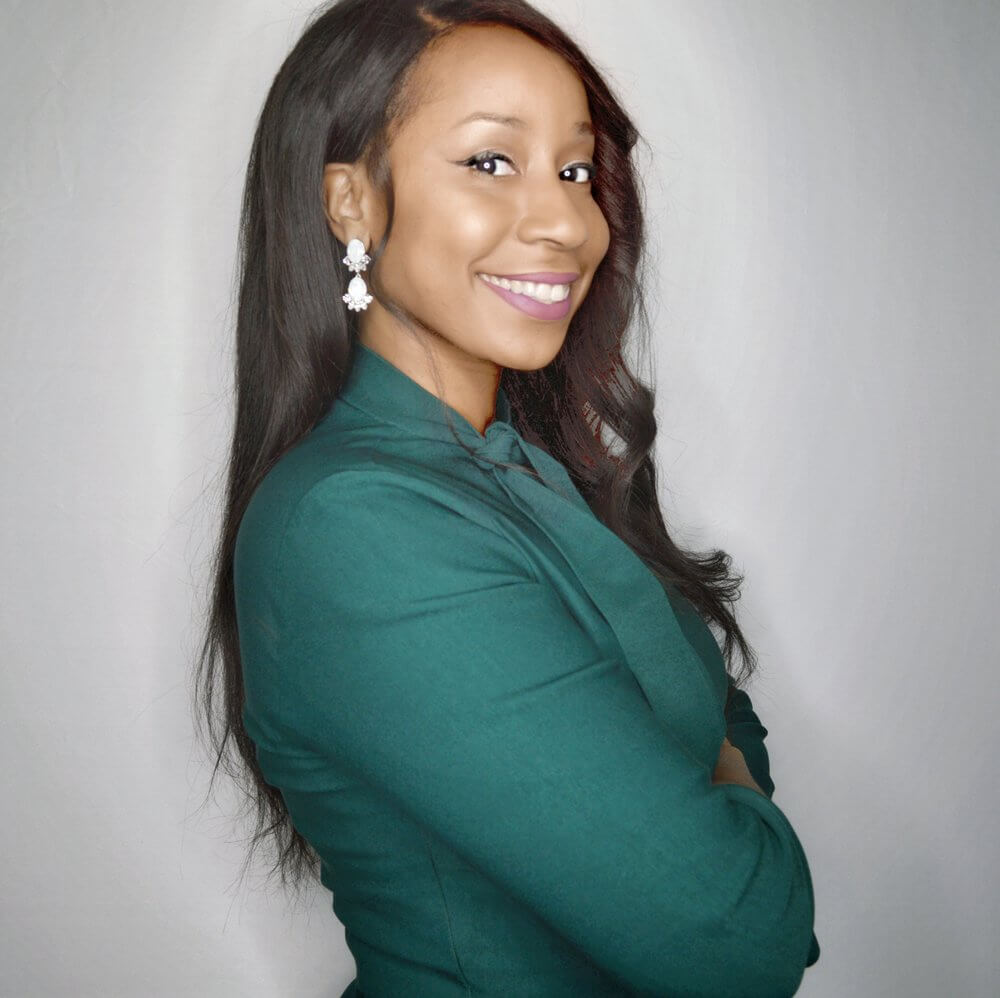
Location: Baltimore, MD, USA
Contact Info: [email protected]
Bio: Denisha Gingles is a Board Certified and Licensed Behavior Analyst, currently residing in the state of Maryland. To date, she has provided services in Missouri, New York, as well as Kenya, Africa. She is the Clinical Director and CEO of a full-service agency in Baltimore that provides behavioral services to children, teens, and young adults. Denisha graduated from the University of Baltimore with a Master’s degree in Counseling Psychology and received her BCBA certification through Endicott College in Beverly, Massachusetts. Her interests include equitable practice, Acceptance and Commitment Therapy, social justice, supervision/staff/parent training, and behavior assessment and intervention. In addition to behavior analysis, Denisha is a social justice activist and advocate; her key issue areas include criminal justice reform, education reform, and racial justice. Furthermore, she facilitates anti-oppression workshops focused on privilege and social systems with a goal of creating change agents to work as an accomplice for other targeted and marginalized groups.
Specialities/Areas of interest: Social Justice; ACT; RFT; Racial justice; criminal justice; education reform; privilege and oppression
Available for: Workshops, corporate and individual consultation, podcasts, media appearances
Past interviews/trainings conducted: Bell, M., Bolden, S., Gingles, D., Fleming, Z., and Armstrong, A.(2020). A Dialogue on Black Women Paving a Way Towards an Inclusive Future in Behavior Analysis. Panel discussion presented at the Women in Behavior Analysis 2020 Conference. | Bradley, A., Gingles, D., Lechego, S., Cironcine-Ulezi, N., Cuddus, S. (2020). Coalition, Competition, and the Coveted Seat at the Table: People of Color Organizations Navigating Traditionally White Only Spaces in Solidarity. Panel discussion presented at the Women in Behavior Analysis 2020 Conference.
Languages spoken: English
Tags: Social Justice; ACT; RFT; Racial justice; criminal justice; education reform; privilege and oppression; Accomplice; Change Agent; decolonization
Katelyn E. Kendrick, M.Ed., BCBA, QBA, IBA (they/them) 
Location: Denver, Colorado
Contact Info: Contact Me
You can find me on: LinkedIn
Bio: Katelyn E. Kendrick (they/them) is a neurodiversity-affirming Board Certified Behavior Analyst/senior clinician for an early-intervention clinic in the north Denver-Metro region. In 2015, they received a B.A. in History with a concentration in US History and a minor in Education from The University of California, Riverside. In 2017, they graduated with a M.Ed. in Behavior Analysis from the University of Cincinnati. They have worked in the field of Applied Behavior Analysis since 2013 and have been certified as a BCBA since 2019. Since 2008, Katelyn has been involved in advocacy movements, first inspired by marriage equality and the passage of Prop 8 in California. Since then, they have become involved with DEI related endeavors with various behavior analytic professional organizations and community theatre organizations in the Denver-metro region. Katelyn lives their life at the intersection of multiple identities including being neurodivergent, disabled, bisexual, and a non-binary femme.
Specialities/Areas of interest: Applied Behavior Analysis, Neurodiversity, Relational Frame Theory, Acceptance and Commitment Therapy, Anti-racist training for white practitioners, Parent training, Ableism in Applied Behavior Analysis, Lived Experience with disability and neurodivergence; Queer issues
Available for: Workshops, Consultation via Zoom, Podcast Interviews, Media Appearances, Blogs, Organizational Trainings
Past interviews/trainings conducted: Constructing Behavior Change Programming While Maintaining and Anti-Ableist Lens; ACT & Unconscious Racism: Implications for White Practitioners to ACT; The Client’s Journey: Understanding Women’s Experiences with PTSD; Conduct Disorders; Cultural Competence in Practice; Acceptance and Commitment Therapy; Anti-Racist Reading Group for White Practitioners; Connecting Diversity, Equity, & Inclusion to Theory: An Introduction; Breaking the Ice: Racial & Social Justice in Theater; The Context for Decolonization; Race, Gender, Sexuality, Neurodiversity, and Behavior Analysis; Identifying and Combating Ableism in Applied Practice; Applied Behavior Analysis Fundamentals; Advanced Applied Behavior Analysis Skills; Registered Behavior Technician Preparation; Rapport Building; Visual Schedules
Languages spoken: English
Tags: ACTraining, RFT, anti-racism, neurodiversity, anti-ableism, ABA, disability, lived experience
Veera Balaji Kumar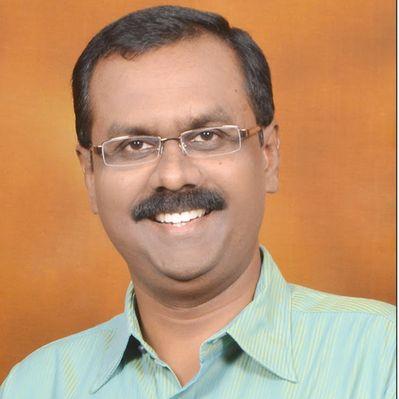
Location: Madurai, TN, India
Contact Info: Contact Me
Bio: Dr Veera Balaji Kumar is an accomplished health psychologist in private practice with more than a decade of experience in treating anxiety, depression, phobias, grief and personality disorders. Dr Veera is the assistant professor of psychology in MS Chellamuthu institute of mental health and rehabilitation, guiding doctorate scholars toward their PhD degree. He is an expert in mindfulness based therapies like DBT, MBCT and acceptance and commitment therapy. Dr Veera has conducted workshops and training programs for counselors and social workers in counseling skills and mindfulness based psychotherapies. He maintains a website www.mindfulindia.com to spread awareness about the benefits of mindfulness practices. Dr Veera has conducted HR training programs for corporate employees on stress management, emotional intelligence, interpersonal skills, team building and conflict management.
Specialities/Areas of interest: ACT beginner's training
Available for: ACT workshop, Tele-consultation, podcast interview
Past interviews/trainings conducted: ACT training for counselors
Languages spoken: English and Tamil
Tags: Mindfulness, Anxiety, depression, grief, coaching
Dr. Houyuan Luo, C. Psych.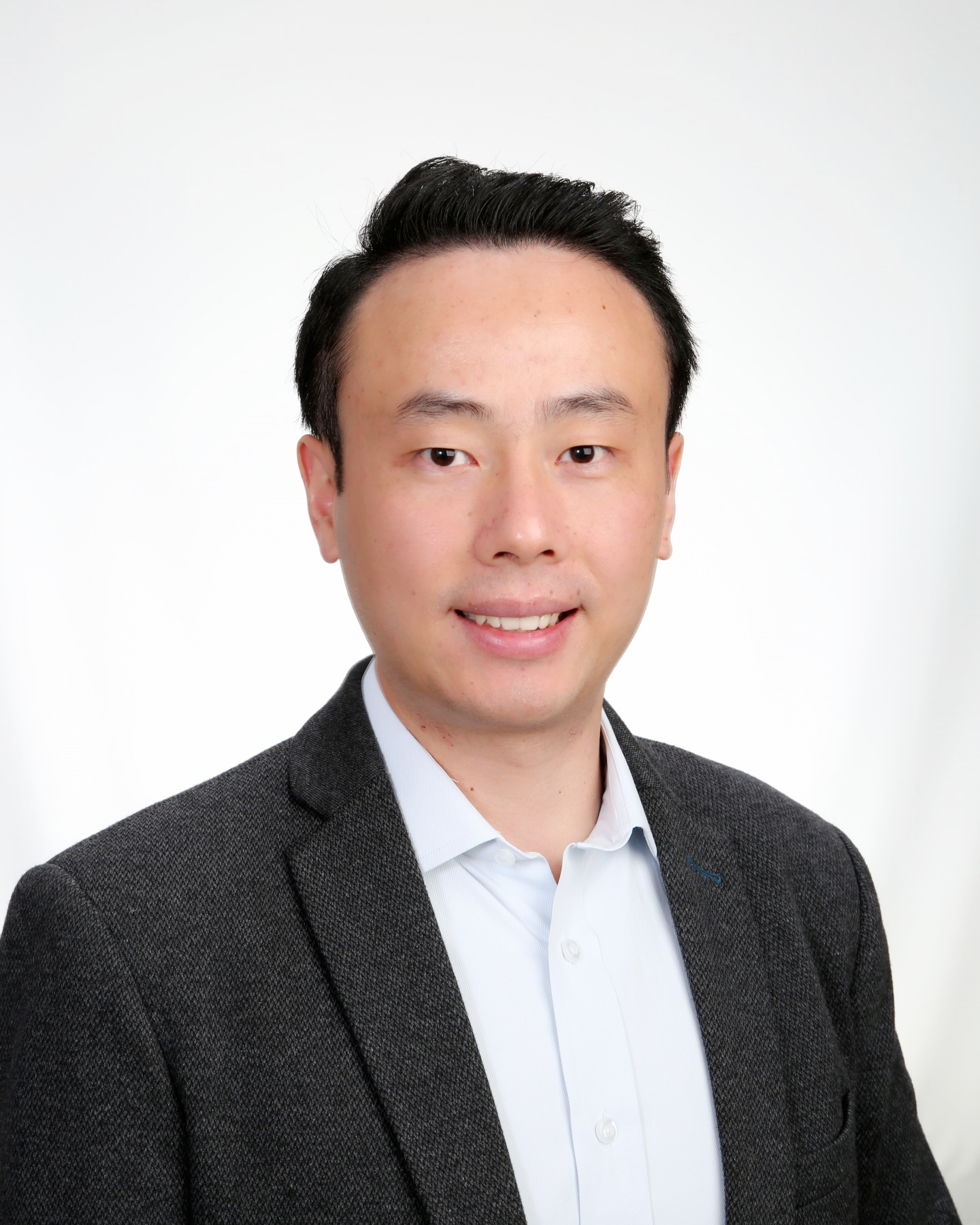
Location: Toronto, Ontario, Canada
Contact Info: Contact Me
You can find me on: My Website
Bio: I am a Registered Psychologist in Ontario, Canada. I came to Canada as an international student from China and I earned a Ph.D. in Counselling Psychology in the University of Alberta. I aspire to be an excellent clinician, clinical supervisor/trainer, and leader in mental health profession. I believe that ongoing practice, reading, reflection, asking for feedback, and integrating them into my behavior/practice are crucial to become better. Throughout my study and career journey, I strive to live up to the aspiration. Clinically, I work primarily from Cognitive Behavioral Therapy (CBT) and Acceptance and Commitment Therapy (ACT) approach. I value empathy, compassion, and understanding in clinical work. Also, I routinely seek feedback from clients to make sure my work meets their needs. I am particularly passionate about existential issues, such as meaning of life, death and dying, and the nature and art of making life decisions. That is why I am especially interested in working with people who have health anxiety (hypochondriasis), grief and loss, and are suffering from chronic medical illness. Also, I was drawn to ACT due to its existential component. With ACT, I help clients identify what matters to them (life values) and what gets in the way. Then, we work together to solve the problems, accept the challenges or reduce the impact of them. Ultimately, the goal of my therapy is to help clients lead a meaningful life despite the concerns still exist sometimes.
Specialities/Areas of interest: I have received solid training in providing psychological assessment and psychotherapy to adults with various concerns such as depression, anxieties, trauma, grief and loss, relationship, stress management, self-criticism, psychosis and medical concerns.
Available for: Workshops Consultation via Zoom, Podcast Interviews, Media Appearances
Past interviews/trainings conducted: Introduction to ACT with Association of Chinese Helping Professionals and Psychologists–International,ACHPPI Introduction to ACT with Trauma Recovery Centre, University of California, San Francisco/Zuckerberg San Francisco General Hospital and Trauma Center
Languages spoken: English, Mandarin
Tags: Health Anxiety, Anxiety Disorders, Psychosis, Mood Disorders
Nehjla Mashal, PhD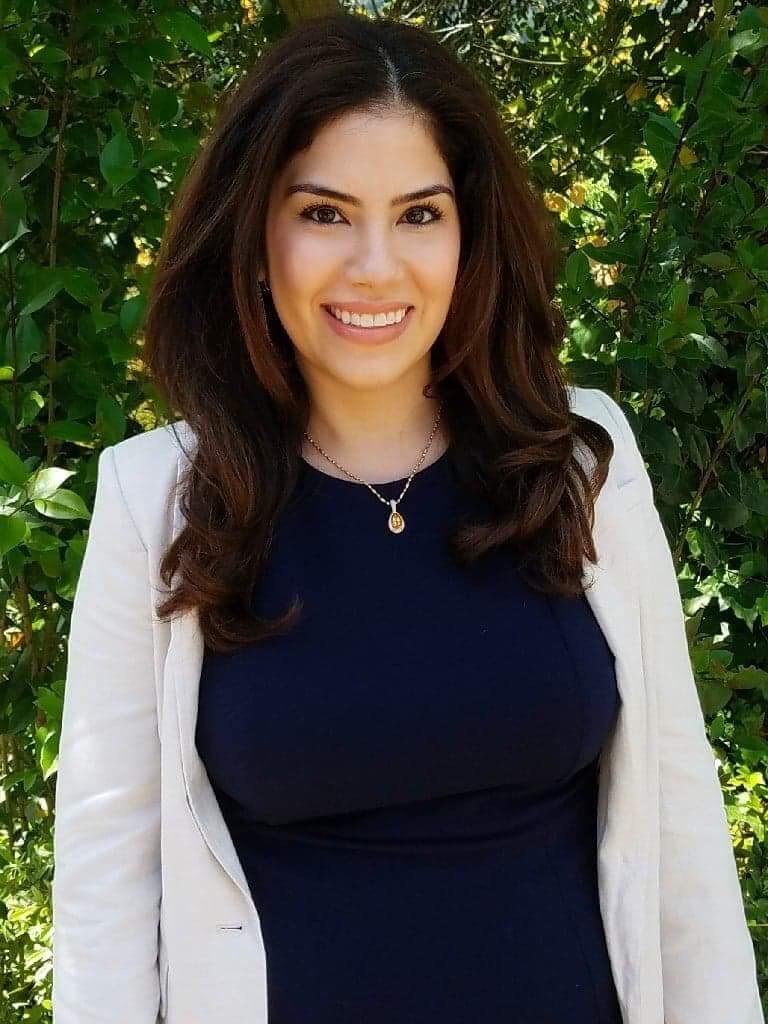
Location: San Francisco, CA
Contact Info: Contact Me
Bio: Dr. Nehjla Mashal, Ph.D., is a licensed clinical psychologist specializing in evidence-based psychotherapies for anxiety, depression, and trauma in teens and adults at Pacific Anxiety Group. She is also interested in assertiveness and effective communication strategies, diversity and intersectionality, and the relationship between anxiety and interpersonal functioning. Dr. Mashal received her B.A. in Psychology from UCLA and her Ph.D. in Clinical Psychology from Northwestern University. She has served as a study therapist on a randomized controlled trial of cognitive behavioral therapy (CBT) for generalized anxiety disorder and a pilot study of problem-solving therapy (PST) for anxiety disorders. Dr. Mashal had a dual appointment as a postdoctoral fellow at the Sierra Pacific Mental Illness Research Education and Clinical Centers (MIRECC) at VA Palo Alto Health Care System and at Stanford University School of Medicine in the Department of Psychiatry and Behavioral Sciences. Dr. Mashal has extensive training in CBT, Problem Solving Therapy (PST), Dialectical Behavior Therapy (DBT), Acceptance and Commitment Therapy (ACT), Behavioral Activation (BA), Cognitive Processing Therapy (CPT), Exposure and Response Prevention (ERP), and applied tension and exposure for blood-injection-injury (BII) phobia. Dr. Mashal provides clinical supervision to trainees, communicates evidence-based psychotherapy strategies to the public, and occasionally coauthors academic journal articles. Her writing has also appeared in Yahoo Sports, Yahoo Money, Popsugar, and her website, moxieandcandor.com.
Specialities/Areas of interest: psychotherapy process, process-based psychotherapy, training/consultation via role play, anxiety disorders, depression, trauma, ACT, effective communication strategies/interpersonal effectiveness, diversity and intersectionality, intersectional case conceptualization
Available for: Workshops, Consultation via Zoom, Podcast Interviews, Media appearances
Past interviews/trainings conducted: Mashal, N. (2020, October 20) Making Psychotherapy Come Alive Using Humor, Metaphor, and Story. [Workshop – 2 CE hours]. Pacific Anxiety Group & open to Northern California Cognitive-Behavioral Therapy Network members, Online Event, CA, United States. Mashal, N. (2020, August 10) Interpersonal Effectiveness: Teaching Clients to Ask for Things, Negotiate, & Boundary Set [Workshop – 1 hour]. Heard. Online Event, CA, United States. Mashal, N. (2020, May 2) Intersectional Case Conceptualization in ACT. [Workshop – 2 CE hours]. Bay Area ACBS Conference. San Francisco, CA, United States. https://www.praxiscet.com/wp-content/uploads/2020/03/Bay-Area-ACBS-Conference-Sessions.pdf (Conference canceled) Intersectional Case Conceptualization. Pacific Anxiety Group. Continuing Education Workshop, [2 CE hours]. Menlo Park, CA, 2020. Nehjla Mashal Problem Solving Therapy Pacific Anxiety Group. Continuing Education Workshop, [1 CE hour]. Menlo Park, CA, 2019. Nehjla Mashal Intersectional Case Conceptualization. San Francisco VAMC. Continuing Education Workshop, San Francisco, CA, 2019. Nehjla Mashal, Dawn Lawhon, Jerika Norona, Amanda Khan, & Erin Watson. Best Clinical Practices for Anxiety Disorders in Older Adults. American Psychological Association Annual Convention Continuing Education Workshop, Washington, DC, 2017.
Languages spoken: English
Tags: Psychotherapy Process, ACT, Humor/Metaphor in Psychotherapy, Process-Based Psychotherapy, Anxiety Disorders, Depression, Trauma, Effective Communication Strategies/Interpersonal Effectiveness, Diversity and Intersectionality, Intersectional Case Conceptualization
Táhcita Mizael, PhD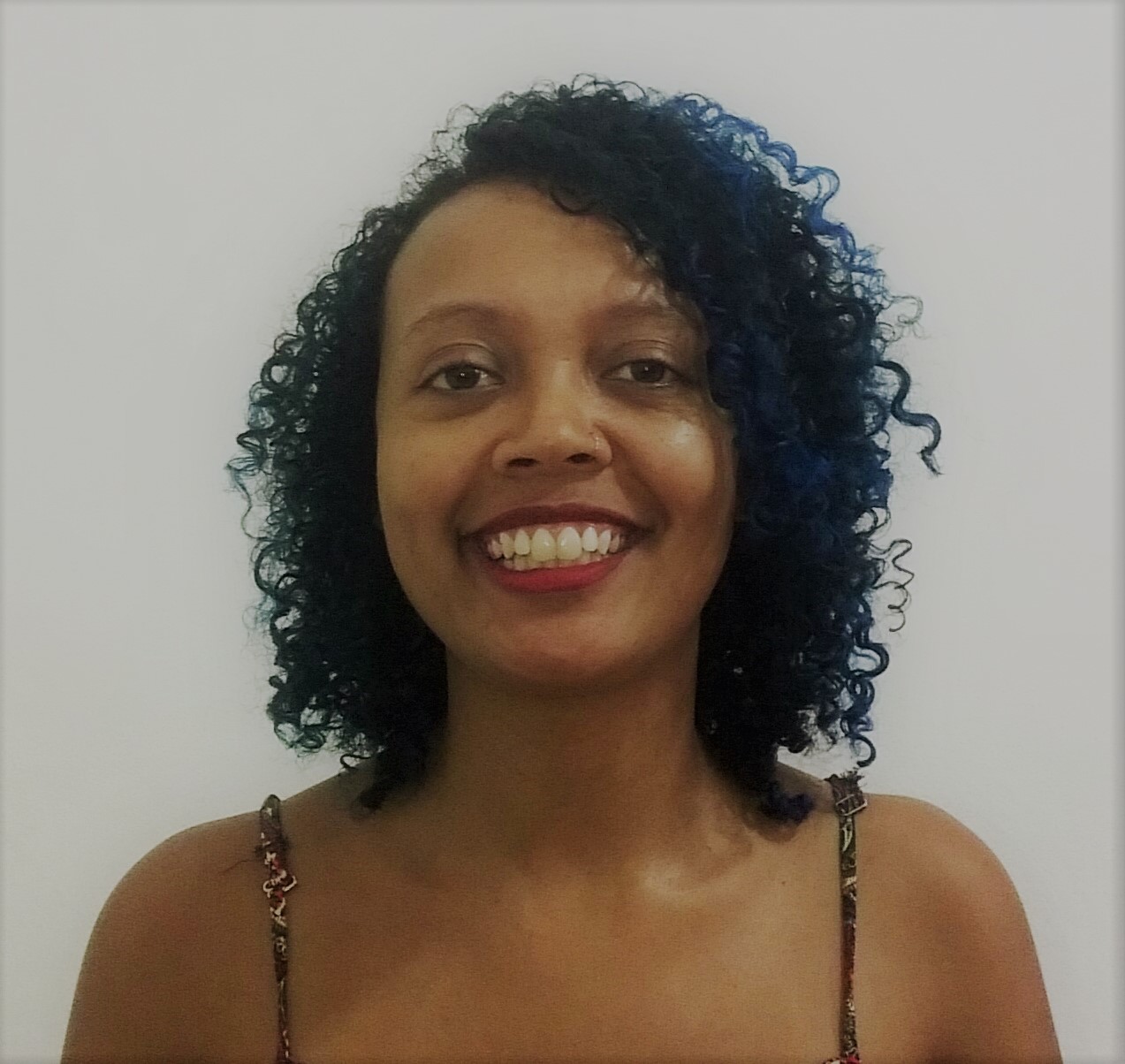
Location: Sao Paulo, Sao Paulo, Brazil
Contact Info: [email protected]
Bio: I am a clinical psychologist and an expert in gender and sexuality. Currently, I am a postdoctoral researcher in the field of Experimental Psychology. I have clinical and academic experience on race issues (particularly Black Brazilians), sexual orientation and gender identity, feminism, and intersectionality, which are my areas of interest. My pronouns are she/her.
Specialities/Areas of interest: My research interests are focused on experimental ways to investigate the reduction of racial prejudice and other types of biases. I am also interested in feminist therapy, and in a clinical practice focused on the specificities of Black people and people of color.
Available for: I have conducted usually 4-hour workshops and courses in several cities throughout Brazil. I also offer clinical consultation via Zoom or Skype.
Past interviews/trainings conducted: I have experience giving workshops and courses focused on the clinical practice with LGBTQ individuals, clinical practice with Black and people of color (especially Black Brazilians). I am also open to interviews and podcasts focused on my topics of expertise.
Languages spoken: Portuguese, English, Spanish
Tags: Race, Feminism, LGBTQ, Sexual and Gender Diversity, RFT, ACT, FAP.
Danielle N. Moyer, PhD, She/Her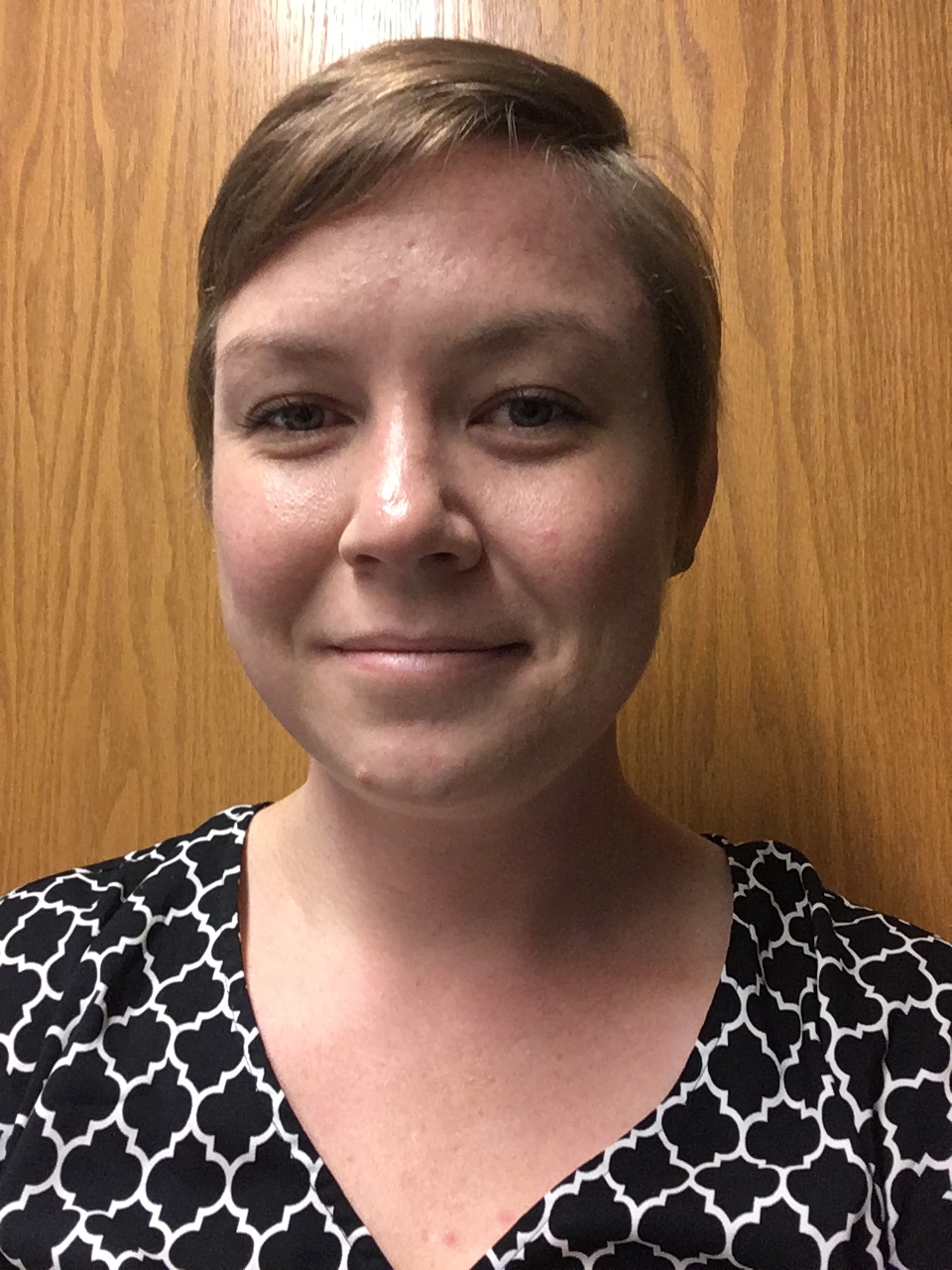
Location: Portland, OR
Contact Info: Contact Me
Bio: Danielle is a licensed clinical psychologist from southern Louisiana, currently practicing in Portland, Oregon. She is an Assistant Professor of Pediatrics at Oregon Health & Science University and head of psychology in the Doernbecher Gender Clinic. She provides interdisciplinary psychological services to transgender and gender diverse youth who are seeking medical transition and their families. Danielle has been an active member of ACBS since 2011, and she approaches all of her work from a functional contextual philosophy of science. She is an early career psychologist with a strong history of research, education, and clinical practice in the areas of ACT and RFT. Research interests include acceptance and mindfulness based processes in children and parents, training and supervision, health outcomes for transgender and gender diverse youth, and the intersection of the three. Danielle is a past officer of the ACBS Children, Adolescents, and Families SIG; an outgoing officer of the ACBS Gender and Sexual Diversity SIG; and a current officer and co-founding member of the Society for Pediatric Psychology (APA Division 54) Gender Health SIG. She is committed to promoting diversity, equity, and inclusion, even when it is controversial, uncomfortable, or when she gets it wrong.
Specialities/Areas of interest: Gender and sexual diversity; Psychological functioning and wellbeing among transgender and gender diverse youth and their families; medical transition for gender diverse youth; pediatric health psychology; ACT; RFT; DEI; Parenting; Training and supervision
Available for: Research collaboration; Conference collaboration; Workshops; Consultation; Podcast interviews; Media appearances
Past interviews/trainings conducted: ACBS workshop on professional psychological flexibility around sensitive topics and underrepresented populations; Grand rounds on interdisciplinary care for transgender and gender diverse youth; Internship seminar on clinical RFT; Community workshop on mental health care for gender diverse youth
Languages spoken: English
Tags: LGBTQ; Transgender; Youth; Children; Adolescents; Families; Parenting; ACT; RFT
Margot Osorio Psicóloga Clínica y de la Salud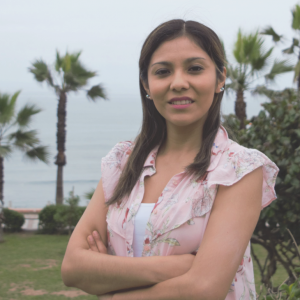
Location: Lima Perú
Contact Info: Contact Me
Bio: Psicóloga especializada en ACT, CBT, MBSR. 12 años de experiencia en contextos sanitarios públicos y privados. Miembro fundadora y Directora de Imagen Institucional de VALUES Instituto Peruano de Psicología y Ciencia Contextual. Brinda entrenamiento y capacitación a otros profesionales de la salud de todo el Perú en intervenciones de salud conductual desde la Terapia de Aceptación y compromismo, Terapia Cognitivo Conductual y Mindfulness. Capacitadora Nacional del Ministerio de Salud de Peru sobre intervención con enfoque de género en adicciones.
Specialities/Areas of interest: Salud mental, Salud Pública, salud conductual
Available for: Entrenamiento, formación, cursos, talleres.
Past interviews/trainings conducted: Entrenamiento en Terapia de Aceptación y Compromiso, Guiando la recuperación de las Mujeres GROW MINSA.
Languages spoken: Español
Tags: Mindfulness, RFT, ACT, CBT
Tonya M. Pan-Weisz, Ph.D.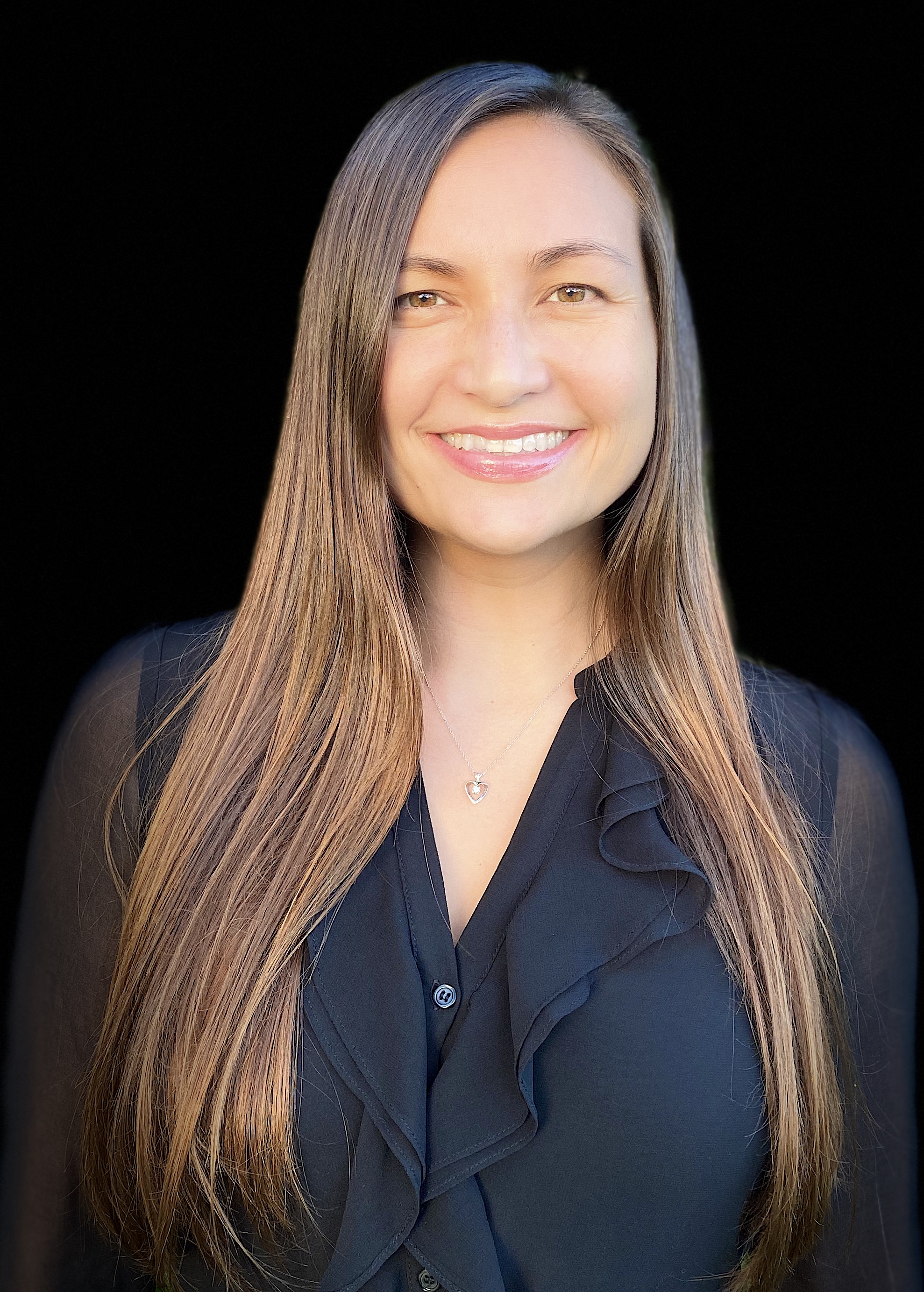
Location: San Diego, CA, USA; virtutal in CA, USA
Contact Info: Contact Me
Bio: Tonya M. Pan-Weisz, Ph.D. (she/hers) is a Staff Psychologist at the Veteran Affairs San Diego Healthcare System (VASDHS). She has research expertise in psycho-oncology and psychometrics, and clinical expertise in psycho-oncology, chronic pain, and couples. She enjoys working with people with a wide range of backgrounds and identities; providing evidence-based, compassionate, and affirming care; and promoting health equity. Dr. Pan-Weisz completed her graduate training at the San Diego State University (SDSU)/University of California (UC) San Diego Joint Doctoral Program in Clinical Psychology, her APA-accredited Predoctoral Internship at UC San Diego/VASDHS, and her APA-accredited Postdoctoral Fellowship at VHS/UC San Diego. On a personal note, Dr. Pan-Weisz is the daughter of a Chinese immigrant and a mid-western small farmer, a long-term survivor of non-Hodgkin's Lymphoma, and the first in her family to earn a Ph.D.
Specialities/Areas of interest: Health Psychology; Behavioral Medicine; Psycho-Oncology; Chronic Pain; Couples; Measurement; Psychometrics; Stigma; Health Equity; Medically Underserved Populations; ACT; RFT; Process-based Therapy; IBCT; Relationships
Available for: Introduction to ACT workshops; consultation via Zoom
Past interviews/trainings conducted: Introduction to RFT and ACT for psychiatry residents
Languages spoken: English
Tags: VA; Veterans; chronic pain; cancer/psycho-oncology; brain tumors; cancer-related cognitive impairment; sleep disturbance; couples; integrative care; mindfulness; ACT; RFT; CBT; CBT-I; IBCT; EFT; health promotion; bi-racial; affirming; health equity; adults; evidence-based psychotherapy
Jennifer Shepard Payne, Ph.D., LCSW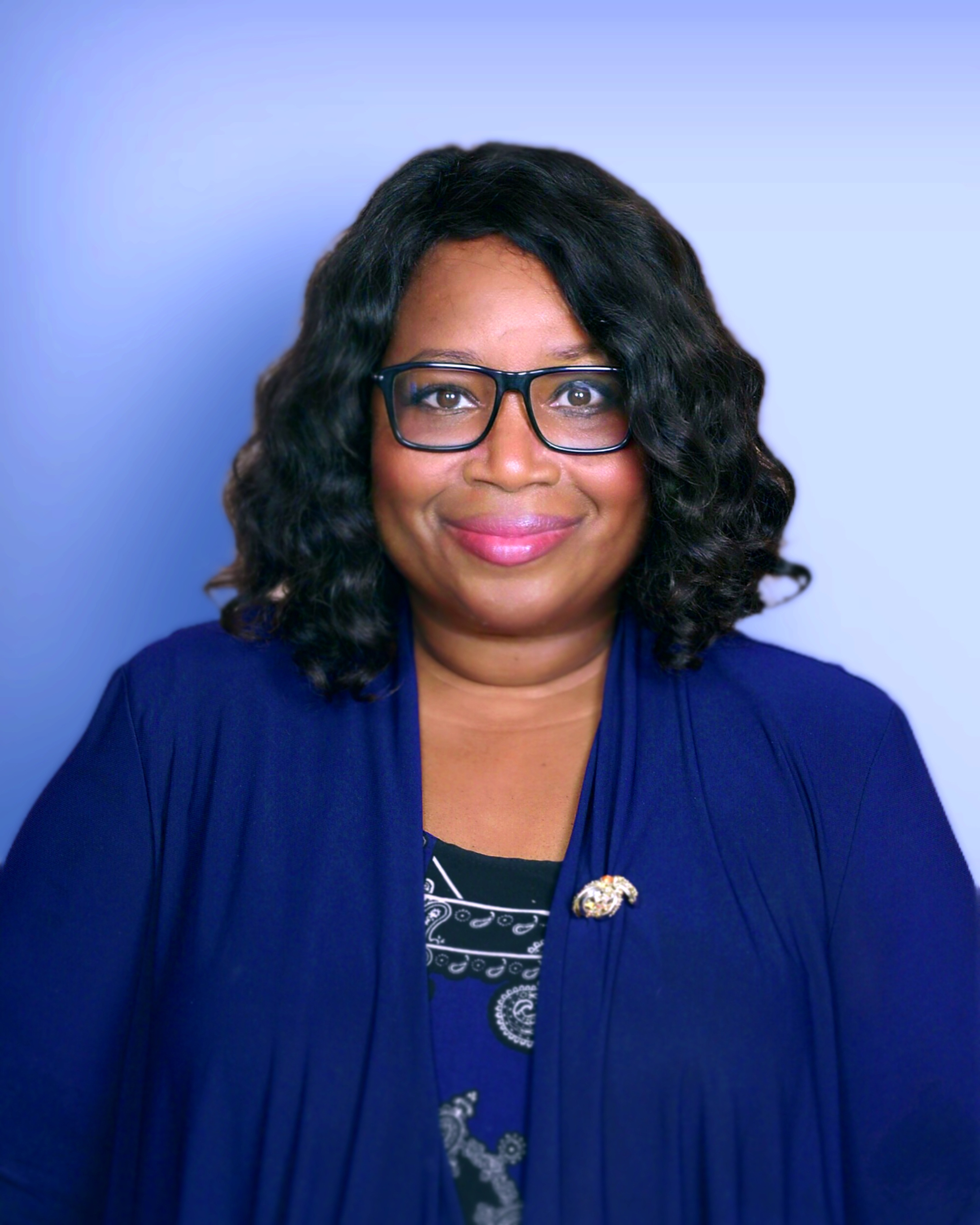
Location: National consultation provision (licensed in CA)
Contact Info: [email protected]
Bio: Jennifer Shepard Payne, Ph.D., LCSW, is an Associate Professor at Azusa Pacific University in the Department of Social Work. She received her doctorate from the UCLA School of Public Affairs and is a Licensed Clinical Social Worker with many years of experience in mental health clinical practice and administration. Her research interests include developing culturally tailored community-based depression and trauma interventions and addressing minority mental health disparities. For several years, Dr. Payne has been working on culturally tailoring ACT for African American communities (both clinically and via research). She has a private practice, DTG Counseling and Consulting, where she provides ACT counseling and coaching primarily to African Americans of faith suffering from anxiety or trauma. Dr. Payne has engaged in ongoing research on the application of the social determinants of health to ACT for traumatized African Americans. She is an Executive Committee member of the Diversity, Equity, and Inclusion SIG within ACBS. For more information, her website is www.drjspayne.com.
Specialities/Areas of interest: Minority mental health disparity research, cultural tailoring of ACT for African Americans and resource-poor populations
Available for: Research collaborations, workshops, podcast interviews
Past interviews/trainings conducted: Examples of past workshops in 2020 include: 1) Using Acceptance and Commitment Therapy (ACT) to Treat Anxiety & Trauma in Black Christians from Urban Areas; 2) Applying the Social Determinants of Health for African Americans; 3)More Than The Blues: Dealing with COVID-19; Treating Trauma with ACT: An Introductory Training for MEND Participants (with Robyn Walser, Debbie Sorensen, Meg McKelvie & Miranda Morris). More information is located at www.drjspayne.com.
Languages spoken: English
Tags: Cultural tailoring of ACT, African American trauma
Zayna Ratty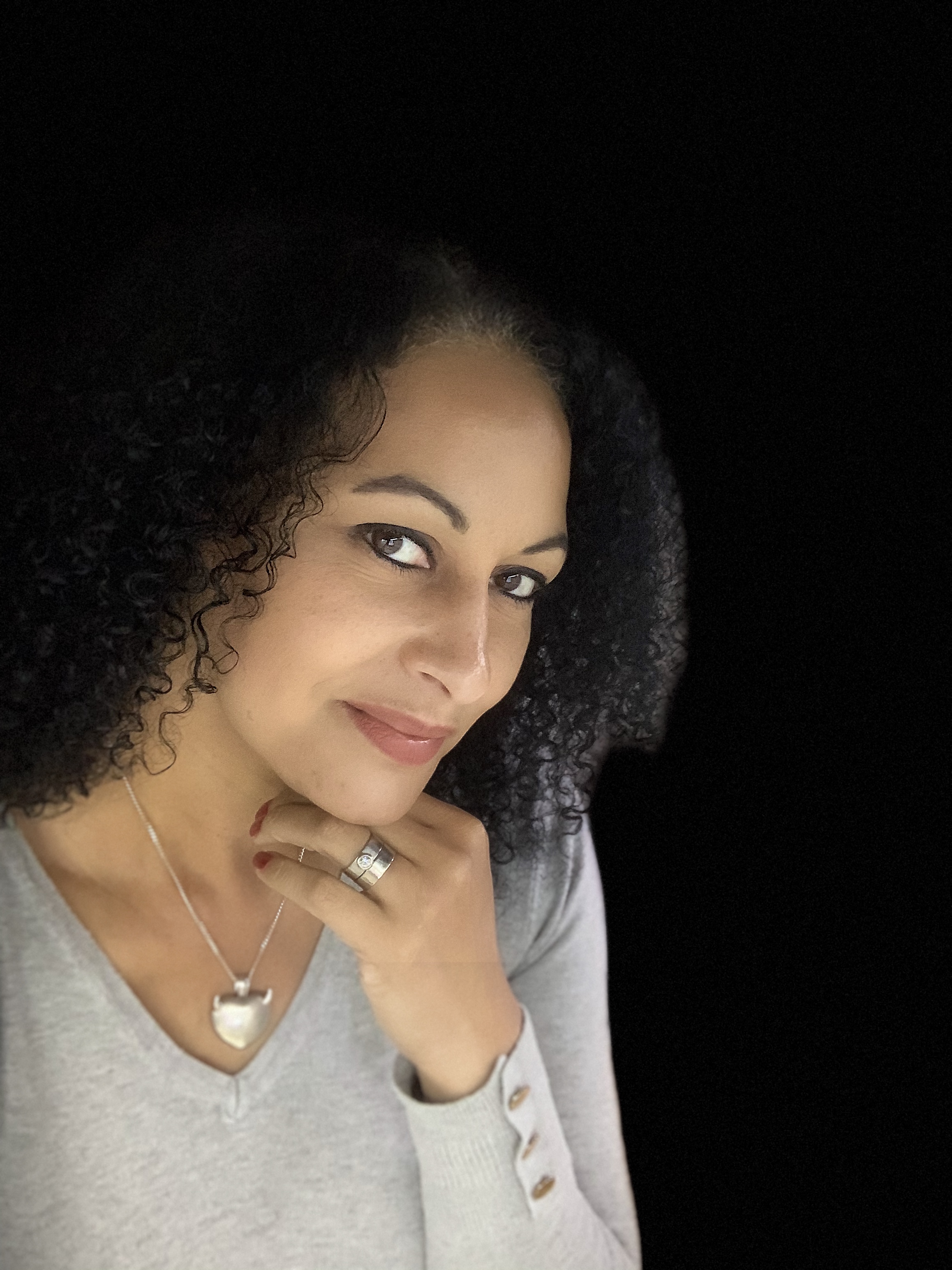
Location: Oxfordshire United Kingdom
Contact Info: [email protected]
Bio: Zayna Ratty (She, Her, Hers) is an LGBTQIA+, GSRD, Polyamory, BDSM, Race & Ethnicity Hypno-Psychotherapist, ACT Practitioner, presenter, columnist, and trainer based in Oxfordshire UK. 1st PoC Chair of Oxford Pride and Diversity & Equalities Officer at National College of Hypnosis & Psychotherapy. Latest projects include providing corporate training on diversity, inclusion and cultural sensitivity in the workplace with its intersections with marginalised communities. Podcast co-host at ‘Beyond Monogamy’ launching Sept 2020, along with being an experienced podcast guest. I talk and train on Misogynoir, relationship diversity, proxemics, code switching, Intersectional theory that happens through sexuality, religion, class, disability, race, ethnicity, gender, neurodiversity in marginalised communities, and the hierarchal social, legal, and policy mechanisms that act as multiple layers of oppression. As a mental health columnist at OxMag and Fyne Times, I write about life and how we can incorporate psychotherapeutic interventions to the betterment of every stage of our lives in easy to understand ways. I volunteer as a Stonewall PoC Role Model and am a 2 time LGBT+ Positive Role Model Award Nominee at the National Diversity Awards’s. Hypno-Psychotherapist of the year at The Oxfordshire Prestige Awards 2020 and multiple award nominee. My charity, diversity consulting work and private therapeutic practice explore how race, gender, sexuality and relationship diversity create a prism of intersecting identities. You can learn more about me and my practice at www.zayna.net & @zrtherapy
Specialities/Areas of interest: LGBTQIA+, GSRD, Race & Ethnicity, BDSM, Polyamory (CNM)
Available for: Workshops, Therapy, Podcast guesting and hosting, media appearances and writing, Panels, Interviews, Presentations, columnist
Past interviews/trainings conducted: BBC, Cosmo, DIVA, Gal-Dem, Pink Therapy, Oxford Times, Oxfordshire Magazine, Brookes University, Oxford University, LBC, A to Z of Sex, Hypnosis Weekly, Refinery29, Vice.com, Unicorn Magazine, Fyne Times, Oxford Pride, Pitt Rivers Museum, Natural History Museum, LGBT+ History Month, NCHP, Unmuted, BLM Pride Oxford, Bi-Pride UK, PolyDay London, Lets Talk Queer PoC, UBS
Languages spoken: English
Tags: LGBTQIA+, GSRD, Ethnicity, Race, Interracial relationships, Polyamory, CNM, Kink, BDSM, Hypno-Psychotherapy
Ron Rogge, Associate Professor of Clinical Psychology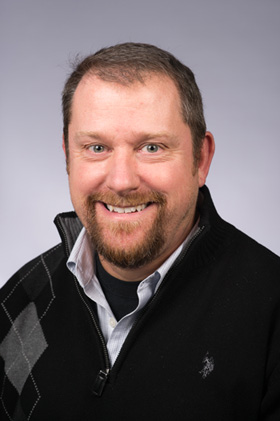
Location: Rochester, NY, USA
Contact Info: [email protected]
Bio: I run a research lab focused on examining the roles of psychological flexibility and mindfulness in romantic relationships and families.
Specialities/Areas of interest: Measure development, multivariate statistics, couples and family research, gender and sexual orientation diversity
Available for: research consultation, podcast interviews, media appearances
Languages spoken: English
Tags: Mindfulness, Psychological flexibility, Couples, Families
Matthew D. Skinta, PhD, ABPP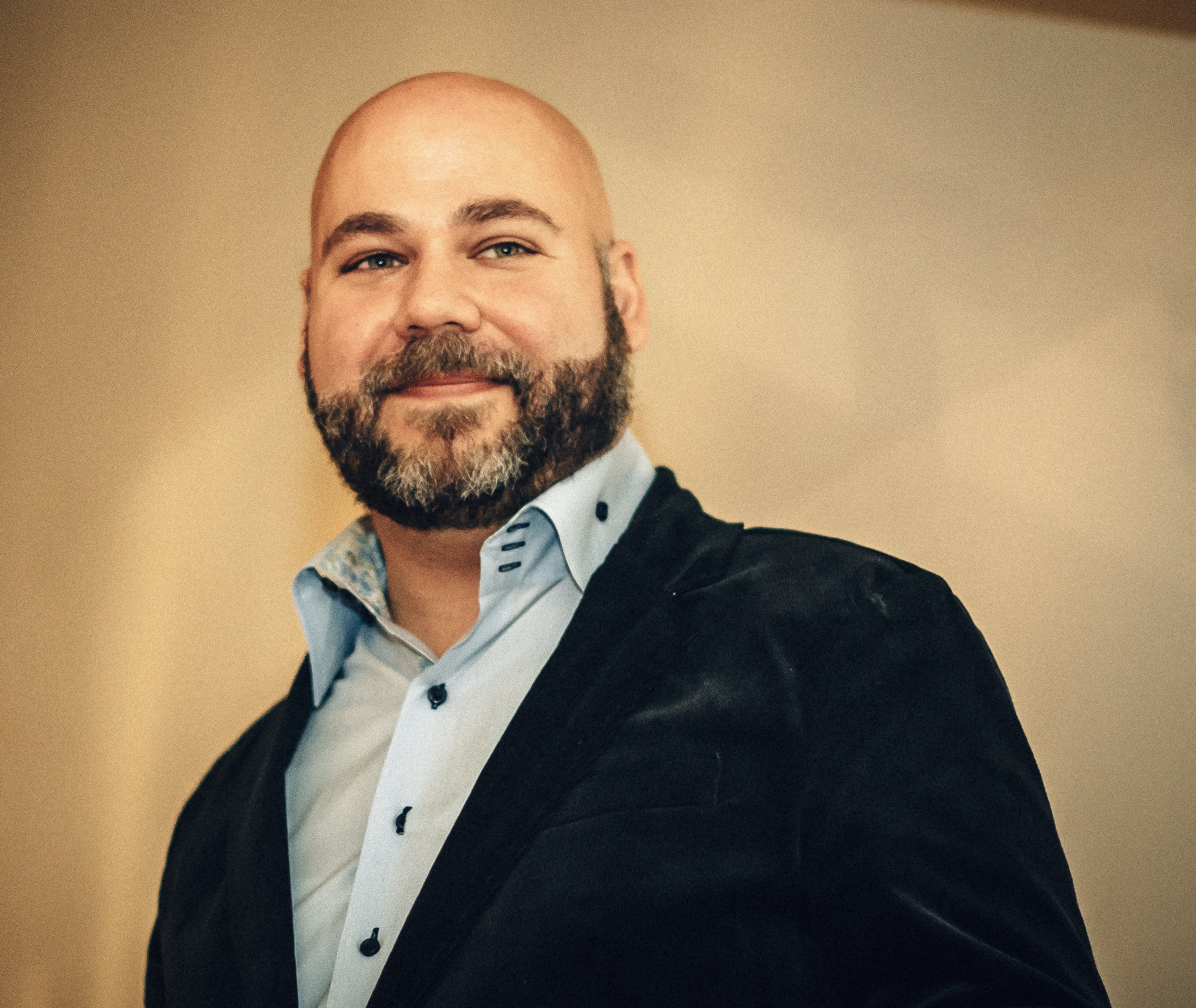
Location: Chicago, IL, USA
Contact Info: [email protected]
Bio: I am board certified in clinical health psychology, reflecting my background in integrated medical settings, HIV/AIDS-related work, and a respect for the ways that our physical health reflects and affects psychological well-being. I have specific clinical experience and expertise working with sexual orientation and gender identity, HIV/AIDS, chronic pain, and chronic depression. My pronouns are he/him.
Specialities/Areas of interest: My research interests are primarily focused on the interpersonal costs of minority stress upon sexual and gender minority (SGM) individuals. Histories of shame, family rejection, stigma, and concealment can lead to patterns of challenge and barriers to connection. I am a peer-reviewed ACT trainer, a certified FAP trainer and therapist, and a certified teacher of Compassion Cultivation Training.
Available for: I offer periodic 8-week FAP courses, and have customized multi-session courses, such as FAP Level I with an anti-racism emphasis, LGBTQ psychotherapy and other topics. I offer CBS consultation with values-based rates. I also am open to podcasts and interviews regarding topics of expertise.
Past interviews/trainings conducted: I've conducted workshops from 2 hours to 2 days across. North America, Latin America, and Europe (so far).
Languages spoken: English
Tags: ACT, FAP, Mindfulness, Compassion, LGBTQ, Sexual and Gender Diversity
Dr. Michelle Teo, CPsychol, DCounsPsych
Location: Dublin, Ireland
Contact Info: Contact Me
You can find me on: LinkedIn & My Website
Bio: Chartered Counselling Psychologist trained as a humanistic, integrative practitioner with additional advanced training in Acceptance & Commitment Therapy and mindfulness-based interventions. Currently the Lead Psychologist for a company that designs and implements workplace wellbeing programmes for large-scale, multinational organizations. Engaging with normative populations at this time with prior experience in acute hospital setting and community mental health. Passionate about accessibility to mental healthcare, diversity & inclusive practice, and cross-cultural awareness in practice.
Specialities/Areas of interest: Counselling psychology, acceptance and commitment therapy, forensic populations
Available for: Workshops, podcast interviews
Past interviews/trainings conducted: Deliver workshops in current role to groups as large as 100 attendees
Languages spoken: English
Tags: ACT, mindfulness, DBT, humanistic therapy. Anxiety, depression, intrapersonal conflicts, sexuality/identity
Maria G. Ucan MS. BCBA, LBA
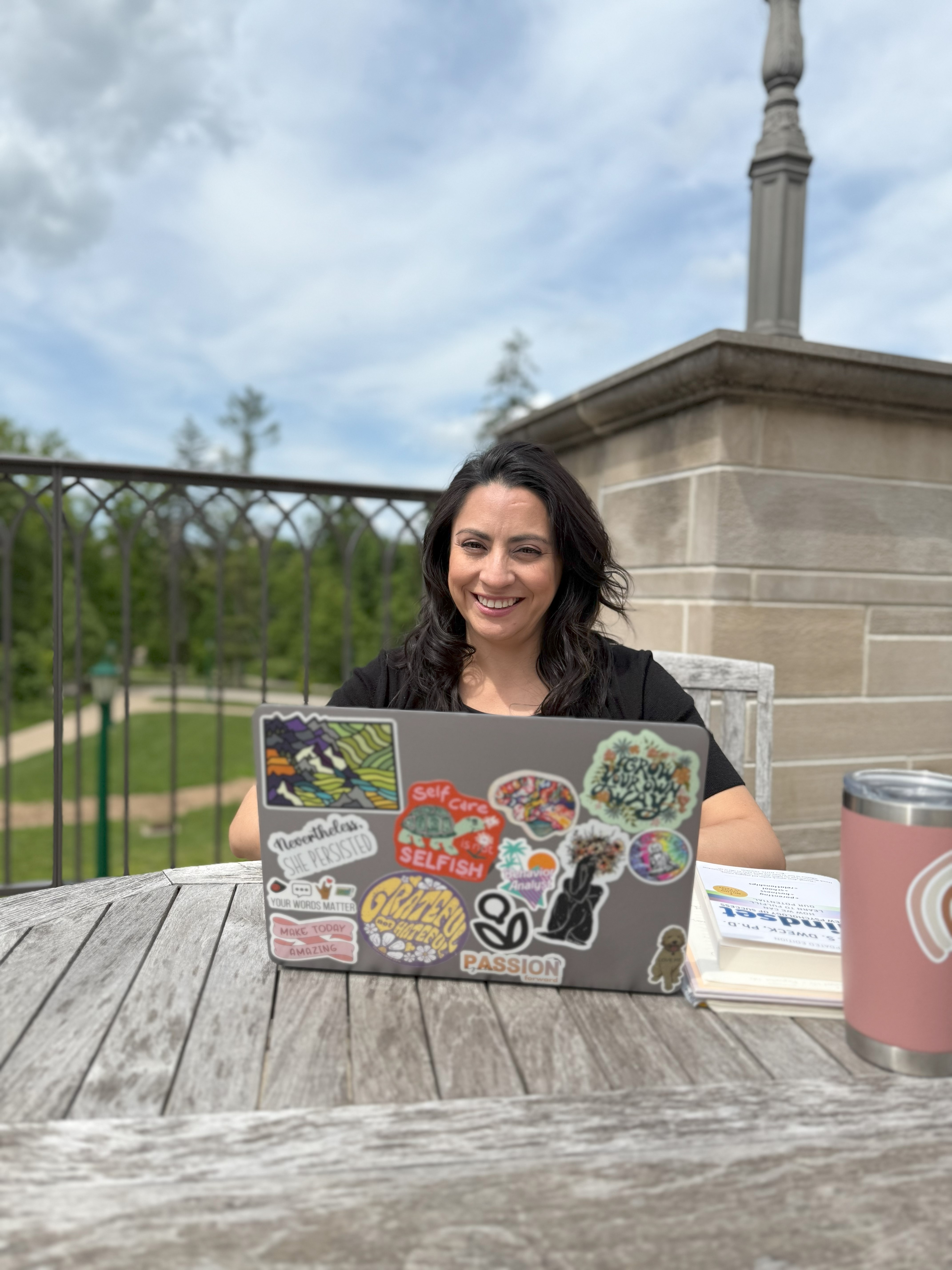
Location: Bloomington, Indiana, USA
Contact Info: Contact Me
You can find me on: LinkedIn
Bio: Maria Ucan is a Board Certified Behavior Analyst with over a decade of experience supporting neurodivergent individuals and their families. She has a strong foundation in behavior analysis, Acceptance and Commitment Training (ACT), Relational Frame Theory (RFT), and compassionate care delivery. Maria graduated from Louisiana State University (LSU) in 2012 with a B.A. in Psychology and Sociology. She earned her M.S. in Behavior Analysis and Therapy (BAT) from Southern Illinois University (SIU), where she was introduced to ACT under the supervision of Dr. Mark Dixon. She continued her training in ACT through intensive courses, workshops, bootcamps, and office hours led by Dr. Steven Hayes and many other ACT gurus. Her work emphasizes trauma-informed care, emotional regulation, and culturally responsive practices across clinical, educational, and home settings. Maria is passionate about helping individuals and families move from survival to thriving by integrating ACT and RFT into behavior-analytic practice. She has extensive experience developing individualized programs that support self-advocacy, autonomy, and meaningful connection—especially for clients impacted by trauma or emotional dysregulation. In addition to her clinical work, Maria is dedicated to mentoring the next generation of behavior analysts. She provides structured, values-based supervision to BCBA trainees, encouraging critical thinking, cultural humility, and professional growth. She has also led workshops and community trainings on trauma-informed relationships, ACT-based self-regulation, and transforming judgment into encouragement—for both professionals and caregivers.
Specialities/Areas of interest: ABA, ACTr, RFT, neurodiversity, parent training, mentoring, consultation, personal development and growth, skills development, life experience, Narcissistic abuse, addiction, women’s health, cultural diversity, cognitive restructuring, and women’s health.
Available for: Workshops, presentations, 1:1 consultations, supervision, mentoring, interviews (podcast or other), organization training, and master classes.
Past interviews/trainings conducted: Maria Ucan has been providing, facilitating, and co-facilitating workshops, presentations, ongoing mentoring groups, and practicums since 2021. Some of her contributions include Shaping Mindful Habits, co-facilitating Behavior Presents: A Practicum with Dr. Belisle, and Auto-compasión en la práctica clínica for ACBS Peru, among others. In addition she has been a gest in a few podcast such as, My ABA life and The wellness paradigm.
Languages spoken: English and Spanish
Tags: ACTr, RFT, ABA, personal growth and development, narcissistic abuse, neurodiversity, lived experience, cultural diversity, women’s health, and telehealth.
Manabu Yoshimoto - 吉本 学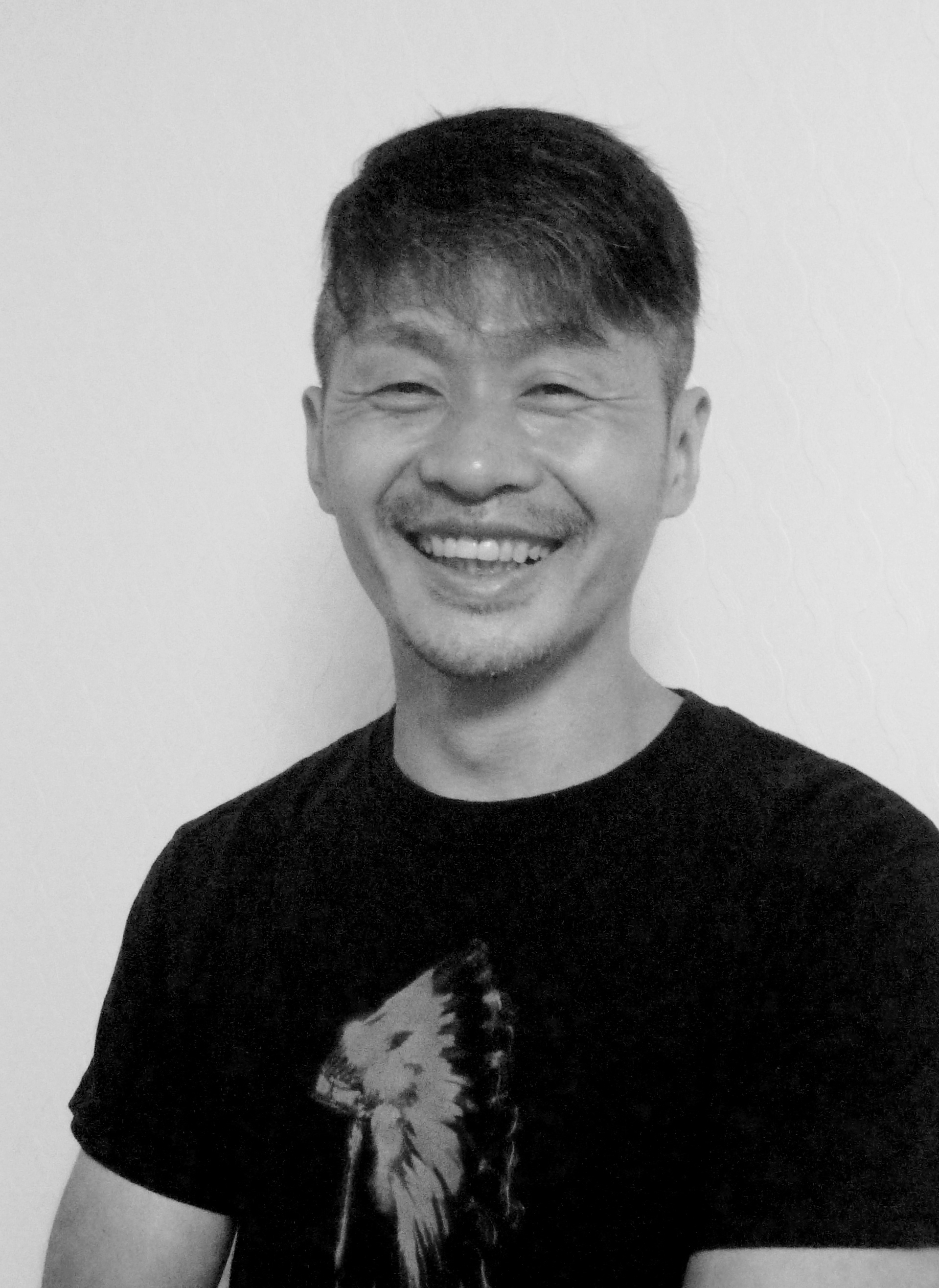
Location: Higashi Osaka City, Osaka, Japan 大阪府東大阪市
Contact Info: [email protected]
You can find me on:Twitter @manabinho220
Bio: I'm a Japanese psychological certified psychologist and only have a BA. I’ve been running BPD family/peers support group "COCO"(voluntary group) in Osaka for 3 years and mainly providing mindfulness exercises, some ACT metaphors/exercises, interpersonal skills and so on for people who have a family member and partner etc with BPD. Furthermore I’m conducting ACT teletherapy via Google Hangouts in individual setting. ACT is so useful for them to defuse with these unpleasant feelings and live a full, rich and meaning life. To tell the truth, I’m a partner who has been supporting my wife who has diagnosed BPD and eating disorder for about a decade. So I can understand their suffering. I’m preparing to provide ACT groups for both people with BPD and people who support them now. I'll keep doing because one of my personal values is to support people who are suffering from severe mental disorders and their family/peers. 日本心理学会の認定心理士で、心理学部卒です。 大阪でBPD支援団体”COCO”(任意団体)を運営しており3年目に突入しました。主にBPD本人を支えるご家族やパートナー等にマインドフルネスや対人関係スキル、ACTのメタファー・エクセサイズなどを提供しています。また、GoogleハングアウトによるACT(個人精神療法)も実施しています。 ACTは辛い感情とフュージョンすることなく、豊かで意義深い人生を送る手助けをしてくれます。 私自身BPDや摂食障害と診断された妻を約10年間支えているパートナーです。ですから皆さんの苦しみは理解できます。 現在、BPD本人向けの集団療法と家族向けのものを準備中です。私の価値は重篤な精神障害のある方やその家族を支援することですから、頑張ってまいります。
Specialities/Areas of interest: ACT, BPD, DBT, CFT, STEPPS, PTSD, family/peers support, mindfulness, compassion, 家族会, マインドフルネス, コンパッション
Available for: Presentation, Workshop (If any request, I’d like to look into the workshop for beginners.) 講演、ワークショップ(ご要望があれば、初心者向けのものを検討したいと思います。)
Past interviews/trainings conducted: I’ve sort of talked about “ACT practice via Google Hangouts” at a Zoom small conference held by ACT Japan. ACT Japan主催のZoomミニカンファレンスで"GoogleハングアウトによるACTの実践"について少しお話させていただきました。
Languages spoken: 日本語, English (Not fluent)
Tags: ACT, DBT, Borderline Personality Disorder, Post-Traumatic Stress Disorder, Family/peers support, Mindfulness, Compassion, Interpersonal skills, Taking care of yourself, 境界性パーソナリティ障害, 心的外傷後ストレス障害, マインドフルネス, コンパッション, 対人関係スキル, セルフケア
Diversity Report
Diversity ReportACBS Diversity Survey Report - December 28, 2015
For: The ACBS Diversity Committee ... Niloo Afari, Dave Kovaka, Andrew Sherrill, Karen Regan, Gwyneth Williams, Ann Eberhardt
ACBS Diversity Committee Mission Statement:
The ACBS Diversity Committee is dedicated to creating a more inclusive ACBS community in all realms of the organization in respect and appreciation for diverse personal and professional backgrounds with different perspectives, experiences, and insights. The Committee endorses a broad definition of diversity that includes but is not limited to professional discipline and setting, communities of color, minority status, cultural and language perspectives, religious and spiritual beliefs, socioeconomic status, as well as sex, age, race, ethnicity, nationality, sexual orientation, gender identity, and disability. We seek to provide programs and resources that enhance inclusion, build and support relationships with other ACBS committees, and encourage greater diversity within the membership and leadership of ACBS.
Diversity Survey Summary of Findings
A. Introduction
The ACBS Diversity Committee conducted a membership-wide survey in 2014 in order to: a) better understand the needs of the growing ACBS membership; b) understand some of the barriers and facilitators to active participation within ACBS; and c) get input on directions to enhance inclusion and encourage greater diversity. A 27-item survey was therefore developed, which included a combination of multiple response and open-ended questions. A link to the web-based survey was sent to the entire ACBS membership (N ~ 7,200) as well as the ACT (n ~ 1,700) and RFT (n ~ 680) listservs. Members were encouraged to respond to this anonymous survey.
In collating the results, responses to the multiple choice questions were summarized and responses to the open-ended questions were reviewed by a team of coders. Each open ended question was coded by a single coder. Coders reviewed nearly 200 pages of write-in responses in order to identify themes falling into 3 categories: supportive experiences (what is working), unsupportive experience or barriers (what is not working), and strategies to improve support (suggestions).
B. Respondent Sociodemographic Characteristics
A total of 709 members (about 10% of the entire membership) responded to the survey and of those 541 had complete responses to every question. Nearly 60% of the respondents were female; 51% were in the 25-44 years age group, 22% in the 45-54 years, and 23% in the 55 years and older age groups. Of the 537 respondents who wrote in a response with regards to race/ethnicity, 428 (79.7%) indicated White or Caucasian. Nearly 85% identified as heterosexual. One half (50.5%) of respondents were from the United States, 11% from Australia, 7.05% from United Kingdom, 5.4% from Canada, 14.5% from a European country, and 1.8% from Central or South America. Thus, a total of 74% reported being from a Country in which English is the primary language (Figure 1). 73% of respondents reported having a professional membership and 20% reported a student membership. 34.5% identified their current profession as clinical psychologist, 6% as counseling psychologist, and 7.4% as another type of psychologist, indicating that nearly one half (47.9%) were psychologists. Another 9% identified their current profession as counselor, 8.32% as social worker, and 3.61% as physician/psychiatrist. Five individuals wrote in that they were in the nursing profession (RN, Clinical Nurse Specialist, or Nurse Practitioner). Correspondingly, 36% reported PhD level training, 38.34% reported Masters level training and 4% indicated having received training as an MD. 27.3% of respondents reported working in a private practice setting, 26% were working in a hospital or other clinical setting, and 19.5% were working in an educational or research setting.
C. Thoughts on Supportive Environment and Diversity
In response to the question “Does the ACBS community provide a supportive environment for the following members”, more than 70% of respondents agreed or somewhat agreed that the community was supportive of them personally but less than 40% agreed or somewhat agreed that the community was supportive of non-English speakers, members with disabilities, nurses, physicians, those working in non-MH settings, and ethnic and racial minorities (Figure 2). 36% of respondents agreed that they have some or a great deal to contribute to the community. Additionally, 60% of respondents agreed or somewhat agreed that one of the ACBS goals for increasing diversity should include mentoring. Other goals with high rates of agreement included: cultural competence (in use of ACT in practice), providing scholarship and funding, increasing diversity-related research, and outreach to students and trainees (Figure 3). When asked specifically about diversity goals (Figure 4), the 3 categories with the highest endorsement were cultural diversity (43.6%), professional diversity (35.4%), and socioeconomic diversity (31.2%). An additional 44 responses were written in, most of which were consistent with the pre-existing categories; disability (5) and religious affiliation (5) were identified as additional diversity dimensions that would be useful to attend to.
D. Goals in Joining ACBS
A set of survey questions focused on understanding the membership’s needs and interests within the organization, by asking about goals in joining ACBS (Table 1), and facilitators and barriers to those goals. When asked about their goals in joining ACBS, the majority (69%) indicated that they joined to learn about the latest developments in ACT and RFT, have access to clinical materials and expertise (67%), and have access to research materials and expertise (57%); the endorsement of these goals is consistent with a focus on gaining information and education. One third to one half of respondents endorsed goals that were consistent with networking, collaboration, and enhancing a sense of belonging. The goals of contributing to the latest developments in ACT and RFT (25%) and being able to add content like publications and training opportunities to the website (14%) were the least endorsed goals.
We also asked if respondents had found people within the community to help them achieve these goals. Only 43% said they had found help and 94% of these respondents (218 individuals; 31% of the total N) provided information on their strategies and types of help they had sought. The primary strategies (Table 2) for the type of help received revolved around various forms of clinical support through information (38%), training opportunities (26%), consultation (22%), supervision (18%), and emotional support (17%). The primary methods of connecting with help (Table 3) included attending trainings (39%), online forums (38%), and in person (28%).
Only 103 individuals (14.5% of the total N) responded to the question, “what do you think prevents you from finding people to support you” (Table 4). These respondents indicated that the biggest barriers to getting help were lack of time (29%), lack of need (12.6%), having joined just recently (10.7%), not sure how to connect or ask for help (8.7%), distance (8.7%), and not making the effort to find support (7.8%).
Only 152 responses were provided to the query for suggestions on ways to enhance the process for ACBS members to receive more support (Table 5). Of these, 27% suggested maintaining the status quo, and 15% were unsure. Specific suggestions to enhance a supportive environment included:
1. Providing training opportunities,
2. Improving the use of the website,
3. Providing financial assistance,
4. Increasing and improving chapter and sig activities,
5. Increasing conversation about diversity,
6. Establishing a mentorship program,
7. Improving forums for communication,
8. Increasing/improving newsletters.
E. Use of ACT and RFT Listservs
We also wanted to get some information about the mode and style of communication that would be conducive to greater participation. Although a minority of the ACBS membership is on the ACT and RFT listservs, these are our most prominent avenues to communication. Thus, several questions asked about the ACT and RFT listservs in order to examine barriers to the use of the listserv and suggestions to improve diversity and openness of the listservs.
Not all individuals who responded to the survey answered the questions about the listservs. Therefore, the sample size for questions 21-25 ranges from 457-501 individuals. 64% of respondents indicated that they read the ACT listserv often or occasionally, primarily because they find it useful to their understanding of ACT and RFT (33.7%), clinical work (32.7%), learning about the latest developments in ACT and RFT (30%), and research (12.1%). Another 25 write-in responses suggested that individuals read the ACT listserv for personal growth, to share resources and activities, networking, feeling connected, and modeling professional behavior. Alternately, 36% of respondents indicated that they read the ACT listserv infrequently or not at all, primarily because of not being a member of the listserv (10.6%), being too busy (12.3%), and not having anything to contribute (3.4%). There were 30 write-in responses that also indicated lack knowledge about the listserv, having just joined, and not knowing how to use the listserv as barriers.
Similarly, 29% of the respondents indicated that they read the RFT listserv often or occasionally because they find it useful to their understanding of ACT and RFT (14.1%), the latest developments in ACT and RFT (11.7%), clinical work (9.9%), and research (7.9%). Alternately, 71% of the respondents indicated that they read the RFT listserv infrequently or not at all, primarily because they were not a member of the RFT listserv (31.6%), were too busy (12%), and didn’t have anything to contribute (4%).
While 29-64% of respondents indicated that they read the ACT or RFT listservs, only 8% and
2.8% said they posted often or frequently to the ACT and RFT listservs, respectively. Primary reasons for not posting to either of the listservs were not being a member of the listservs, being too busy, and not having anything to contribute. For the ACT listserv, 6-11% of the responses expressed worries about how their responses would be perceived or that they might be wrong, or felt intimidated.
Question 25 asked, “In what ways do you find the ACT and/or RFT listservs useful” (Figure 5). The areas with greatest endorsement included: having access to clinical materials and expertise (47.8%), learning the latest developments in ACT and RFT (46.4%), having access to research materials and expertise (36.5%), and belonging to a group with shared values (35.3%).
F. Suggestions to Improve Listserv Use
Question 26 asked, “What suggestions do you have that might make posting on the listservs more welcoming to people who share your concerns?” There were 196 write-in responses to this question (Table 6); with 50% of the responses either indicating that the listservs were already welcoming or did not make any suggestions for improvement.
Respondents made several logistical recommendations to improve access and use of the listservs. The majority of these recommendations centered on making the listservs “easier to join” by:
1. Sending out emails to remind people to sign up for the listservs,
2. Sending welcoming email explaining the listserv process,
3. Providing regular information regarding the listservs,
4. Giving explicit instructions on how to join and how to access listservs.
Other recommendations included improving the organization of listservs so they are “easier to follow”, for example:
1. Allowing “keyword searches” to make it easier to find topics of interest,
2. “Trending post updates”,
3. “Improving thread organization” so it’s easier to find topics of interest,
4. Setting up a system by which individuals can choose to be alerted to topics of interest.
Other suggestions included alternate ways to access the listserv postings such as:
1. “Through the website”,
2. An “online URL/forum to read/post for those without regular access to email”.
Of note, several of the strategies described above are already in place. For example, new members do receive information on how to join the listservs and the listserv posts are on the website and therefore searchable for members who do not have regular access to email.
The majority of recommendations to encourage postings focused on:
1. Directly soliciting postings from infrequent posters, non-mental health professionals, and more female posters,
2. Posting discussion questions,
3. General encouragement by “big names”.
A subset of comments focused specifically on encouraging new members (newbies) by:
1. Establishing a forum with a moderator for newbies,
2. Providing mentorship to newbies,
3. Establishing a committee to respond to newbie and basic posts,
4. Hosting an intro session/webinar,
5. Providing general encouragement to newbies, students and beginner questions.
Comments regarding language and content included:
1. Posting in different languages or providing translation for the listservs,
2. Reducing the use of jargon and academic language,
3. Reducing activity on the main listservs by creating other listservs, for example, for referrals, employment opportunities, etc.,
4. Expanding the scope of the main listservs by discussing broader topics, for example, practice issues, more personal topics, and practical how-to guides.
5. Ask high volume posters to self-edit (e.g., suggest limit of one post a day)
G. What ACBS Does Right
Two questions obtained information on: a) what characteristics of the organization have been supportive of members (Question 17); and b) what ACBS does right about diversity (Question 27). Across these 2 questions, 178 comments addressed these topics.
Prominent supportive experiences included:
1. Welcoming environment,
2. Useful website materials,
3. Members responsive to each other’s requests,
4. Organization responsive to membership needs,
5. Affordable involvement.
73 comments focused on organization characteristics that are not supportive of the membership (Table 7). Prominent unsupportive experiences included predominating male gender, non- transparent organization, lack of cultural/developmental adaptation, predominance of English, inaccessible events, and perceived “micro-aggression”.
H. Suggestions and Strategies to Improve ACBS and Diversity
81 comments to Question 17 made suggestions about improving support for diversity (Table 8). These suggestions included:
1. Encouraging more participation for new and diverse members,
2. Promoting more supervision, mentorship, and consultation,
3. Promoting local events,
4. Improving affordability,
5. Promoting professional diversity.
Question 27 was the question that most directly asked for suggestions on how to make ACBS more welcoming or more useful to a diverse community. Despite the directive nature of the question, 42% of the 185 comments stated that they had no suggestions or ACBS was doing a good job or specified what ACBS does right. 37 comments made suggestions for improvement including (Table 9):
1. Increasing mentorship,
2. Providing translation service,
3. Increasing diversity-related conversations,
4. Networking and meet-up events,
5. Supporting local efforts.
I. Summary
Approximately 10% of the general ACBS membership responded to the survey, thus the findings may not be generalizable to the entire membership and should be interpreted with caution. Nonetheless, the demographics of the respondents were surprisingly similar to what we know of the ACBS membership in general: greater female to male ratio, primarily white, English- speaking, from the Unites States, and psychologist. We also found that more than ½ of respondents work in clinical settings. Given the demographic characteristics of the respondents, the results may not be applicable to members of minority groups. In other words, the majority of the respondents who gave us input about inclusivity are not necessarily diverse.
The primary goal when joining ACBS appeared to be gaining access to materials and expertise, which was typically received through clinical support, information, training opportunities, and consultation/supervision. Information collected about the use of the 2 main listservs (ACT and RFT) suggested that only a minority of the ACBS membership use the listservs, and those who do typically find it useful for accessing information, as opposed to making a contribution to the listservs. The apparent primary barriers to using and actively participating in the listservs are not being a member of the listserv, and a lack of time. Additionally, many of the suggestions to improve listserv use may already have been implemented.
Altogether, these results suggest that the ACBS membership may be highly clinically oriented and interested in using and applying information in their practice, and has been relatively less active in contributing to threads on the listservs. Therefore, the organization may want to explore other ways of engaging clinicians in dialogue.
Several questions obtained information about what groups were perceived to be poorly supported and what domains of diversity needed more work. Areas of diversity to increase that were suggested by respondents include:
1. Cultural diversity
2. Professional diversity
3. Socioeconomic diversity
Survey results suggested that Specific members that would benefit from greater support and engagement include:
1. Non-English speaking individuals
2. Persons with disabilities
3. Nurses
4. Physicians
5. Those working in non-mental health settings
6. Ethnic and racial minorities
The category of diversity that most participants endorsed as an area to increase was cultural diversity. In addition, many participants endorsed related sub-categories, such as language, nationality, race/ethnicity, etc. Collectively, this is indicative of the importance and salience of the topic of cultural diversity. It also suggests that the membership may have slightly different ways of framing the issue of cultural diversity pertinent to each person’s own experience.
The figures below detail in graphical format the statistics described in this report.
Figure 1. Respondents' Country of Residence
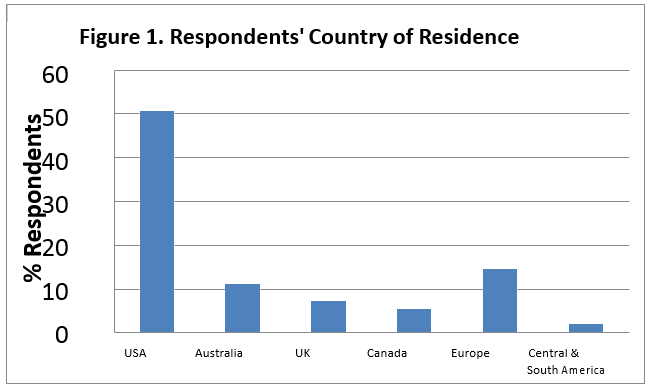
Figure 2. Does the ACBS community provide a supportive environment for the following members?
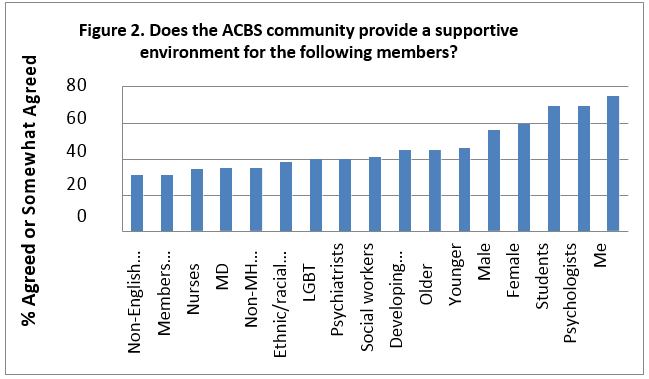
Figure 3. Should the ACBS goals for increasing diversity include…
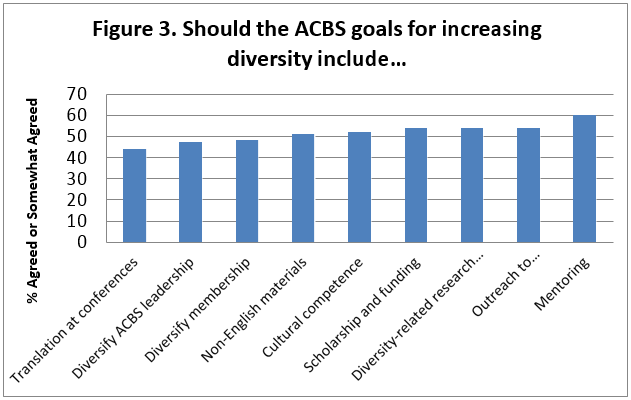
Figure 4. What Factors of Diversity should ACBS Focus on?
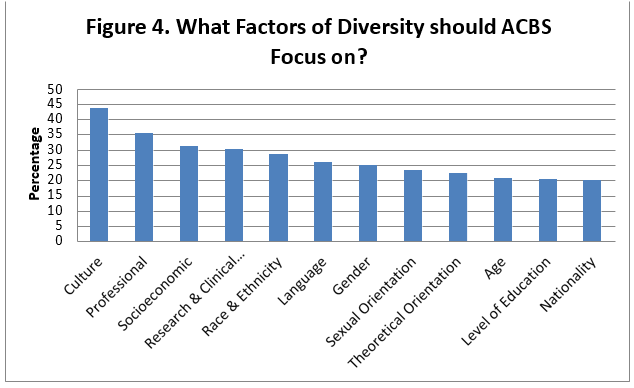
Figure 5. In What Ways Are Listservs Useful?
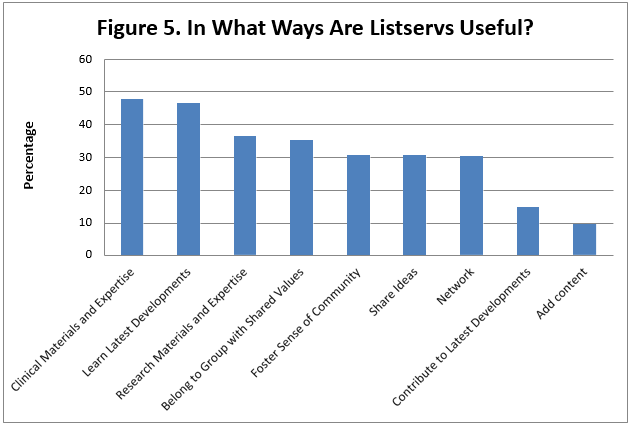
Table 1.
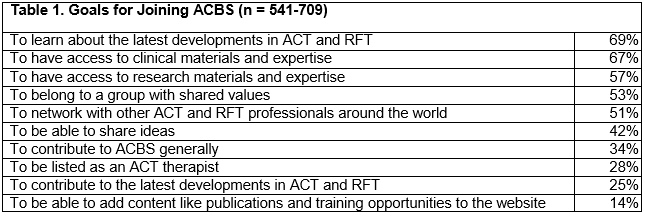
Table 2.
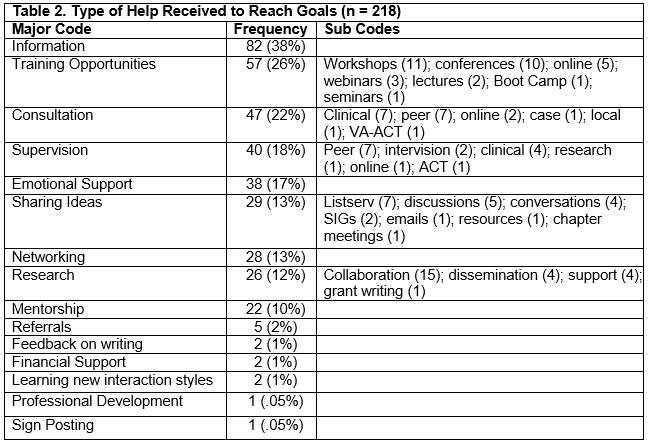
Table 3.
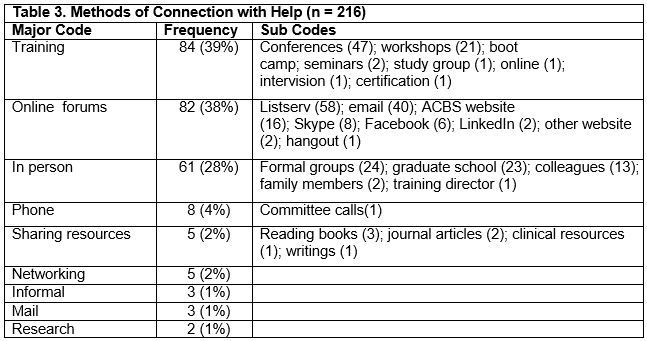
Table 4.
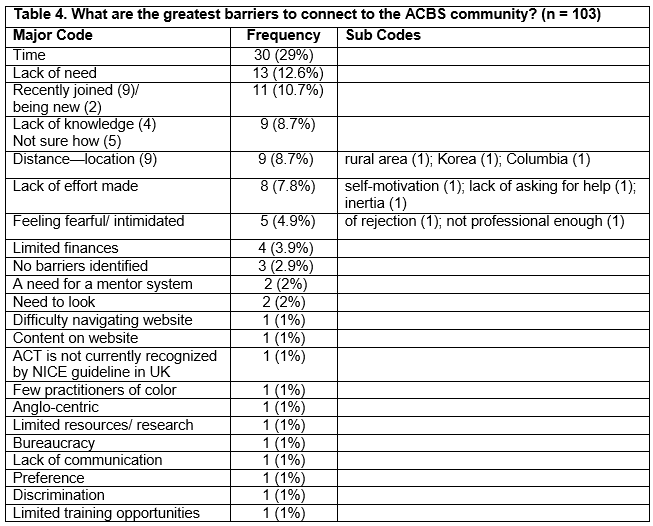
Table 5.
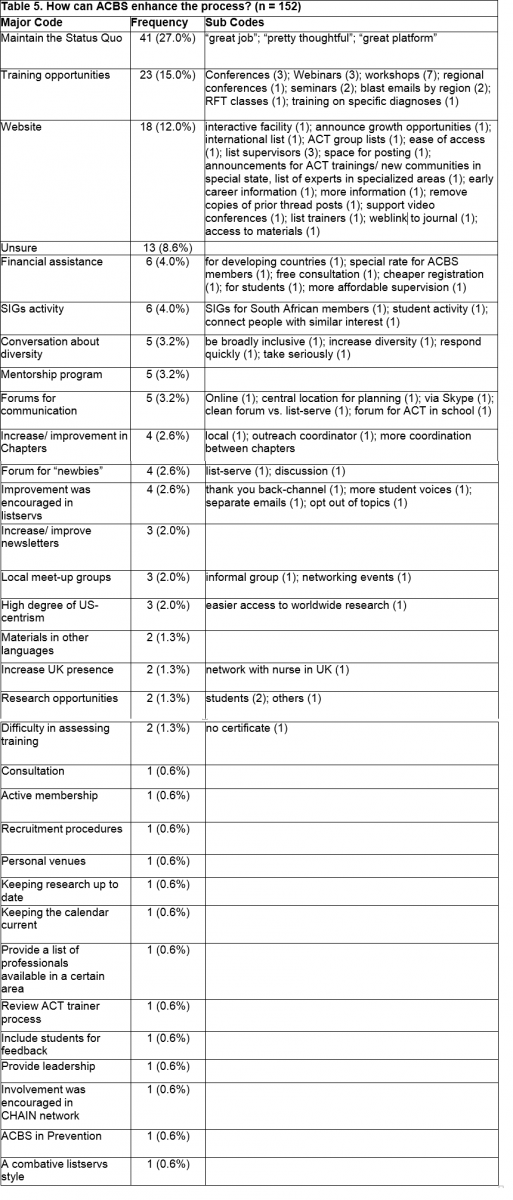
Table 6.
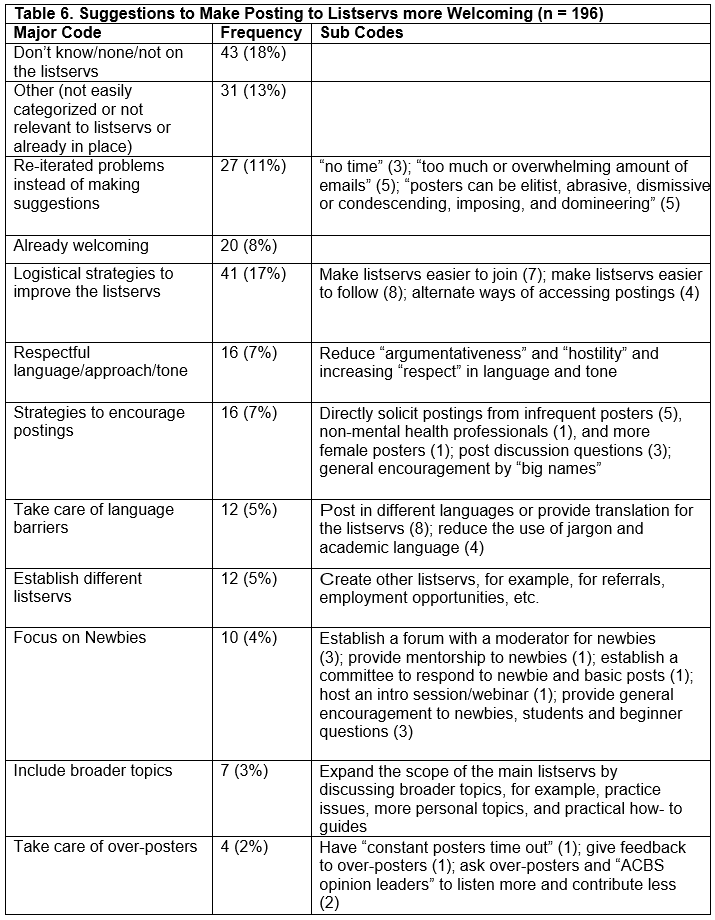
Table 7.
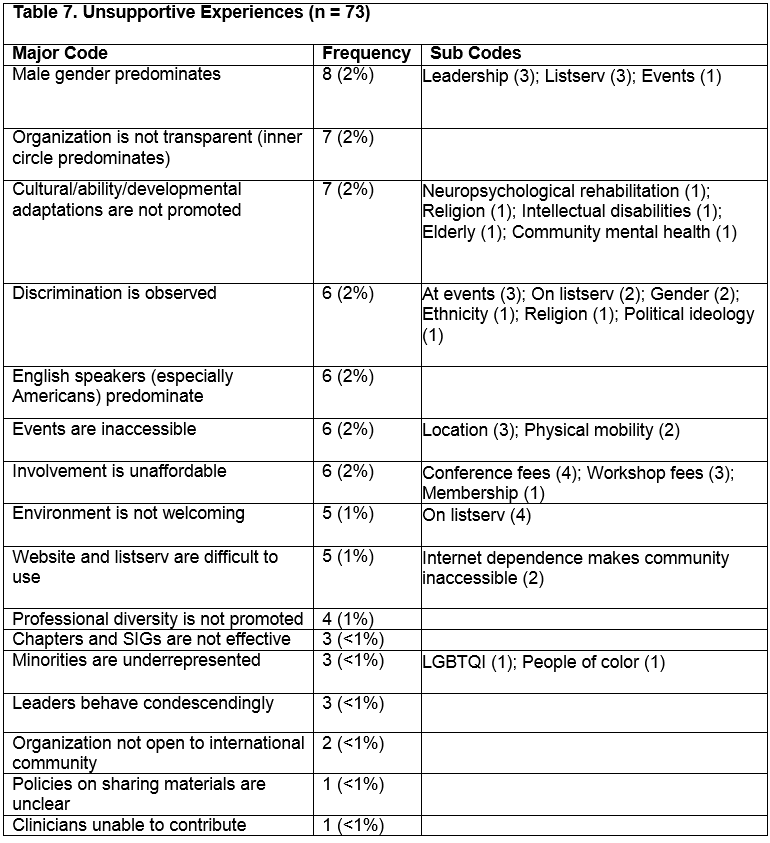
Table 8.
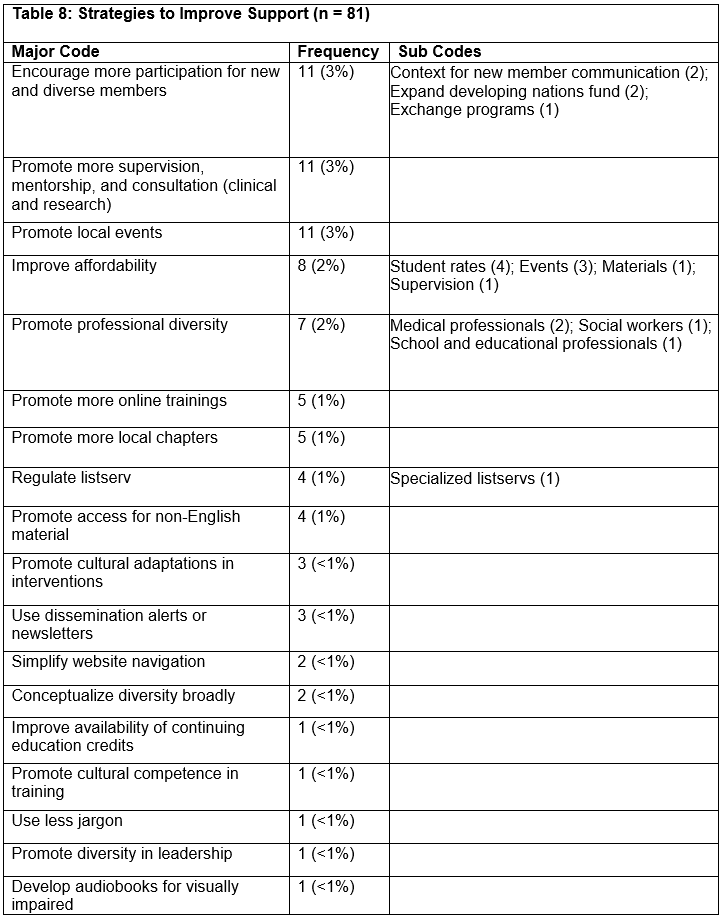
Table 9.
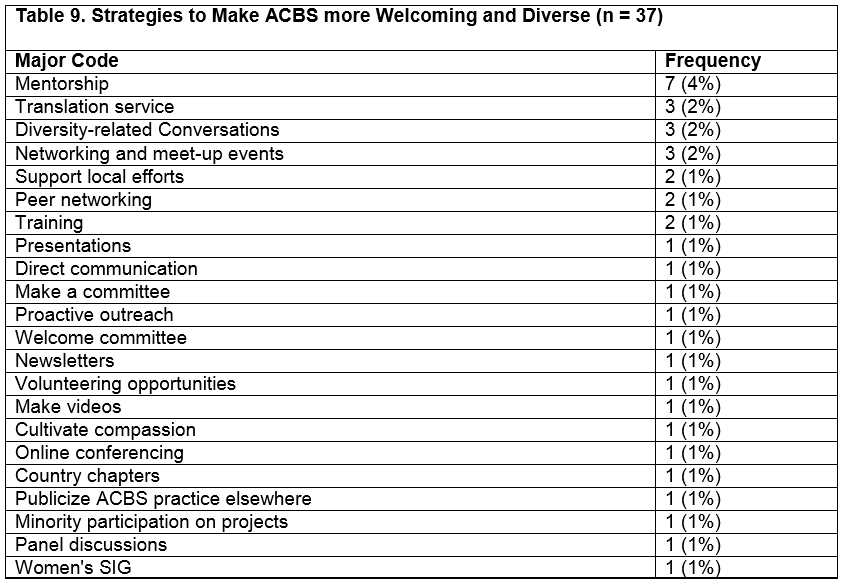
Diversity, Equity, and Inclusion Committee Fund
Diversity, Equity, and Inclusion Committee FundWe need your support!
The Diversity, Equity, and Inclusion Committee wants to bring more diversity awareness to the ACBS community through training, scholarships, and diversity initiatives. Please consider donating to the Diversity, Equity, and Inclusion Committee Fund to help further these initiatives.
The Diversity, Equity, and Inclusion Committee is aiming to bring increased diversity to the ACBS annual conferences by providing scholarships for individuals who come from diverse backgrounds and who would not be able to attend an ACBS conference without this added financial support. Both trainees and professionals are eligible. Please note that this is a separate scholarship from the Developing Nations Fund. Click here to see previous scholarship recipients.
If you would like to donate to the Diversity, Equity, and Inclusion Committee Fund, please click below:
Please note that this contribution does not qualify as a tax-deductible charitable contribution, according to USA tax law ... but it's a nice thing to do.
To change the subtitle language, click the gear icon in the lower right corner of the video box, then click "CC/Subtitles" and choose your preferred subtitle language.